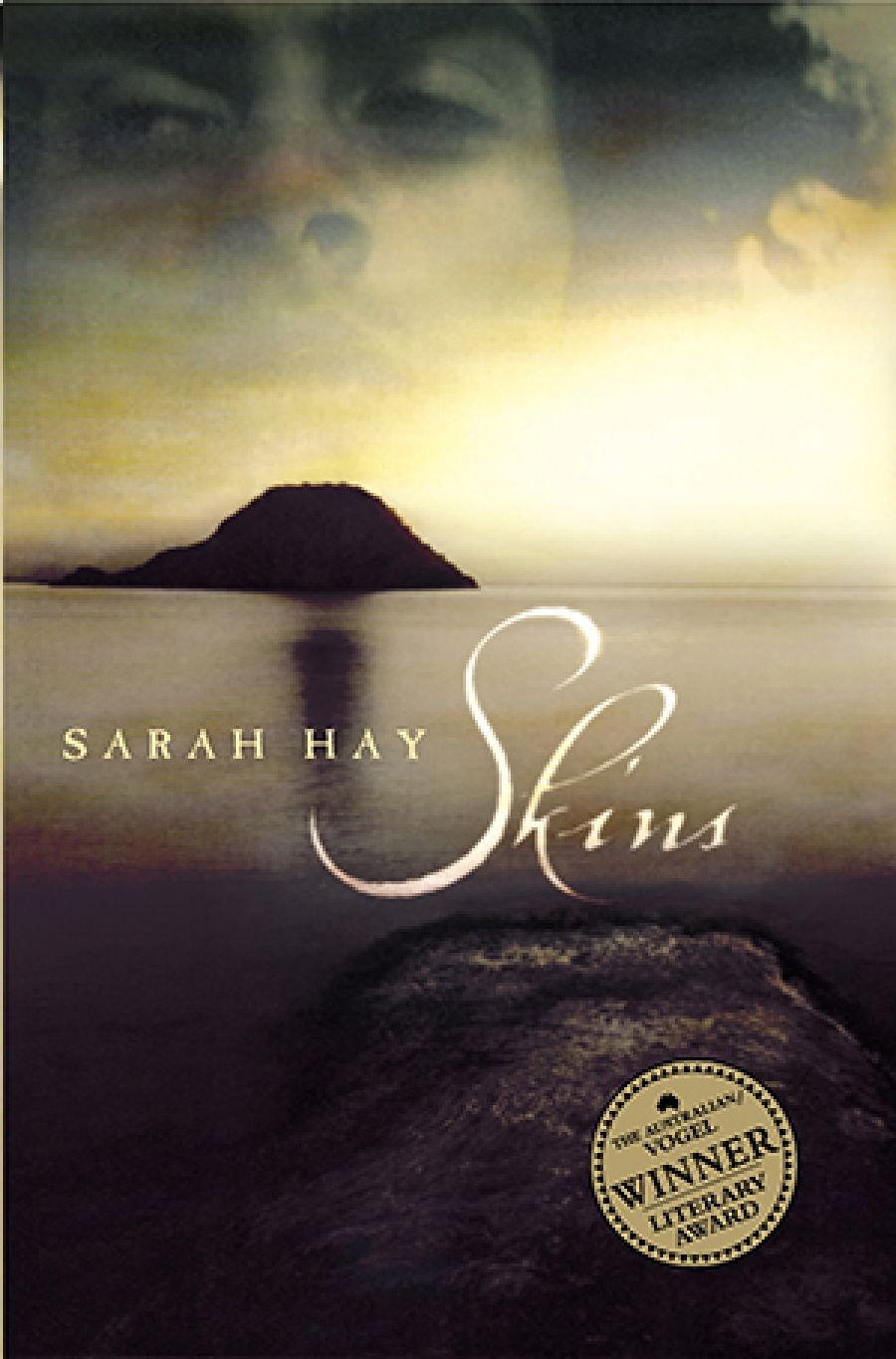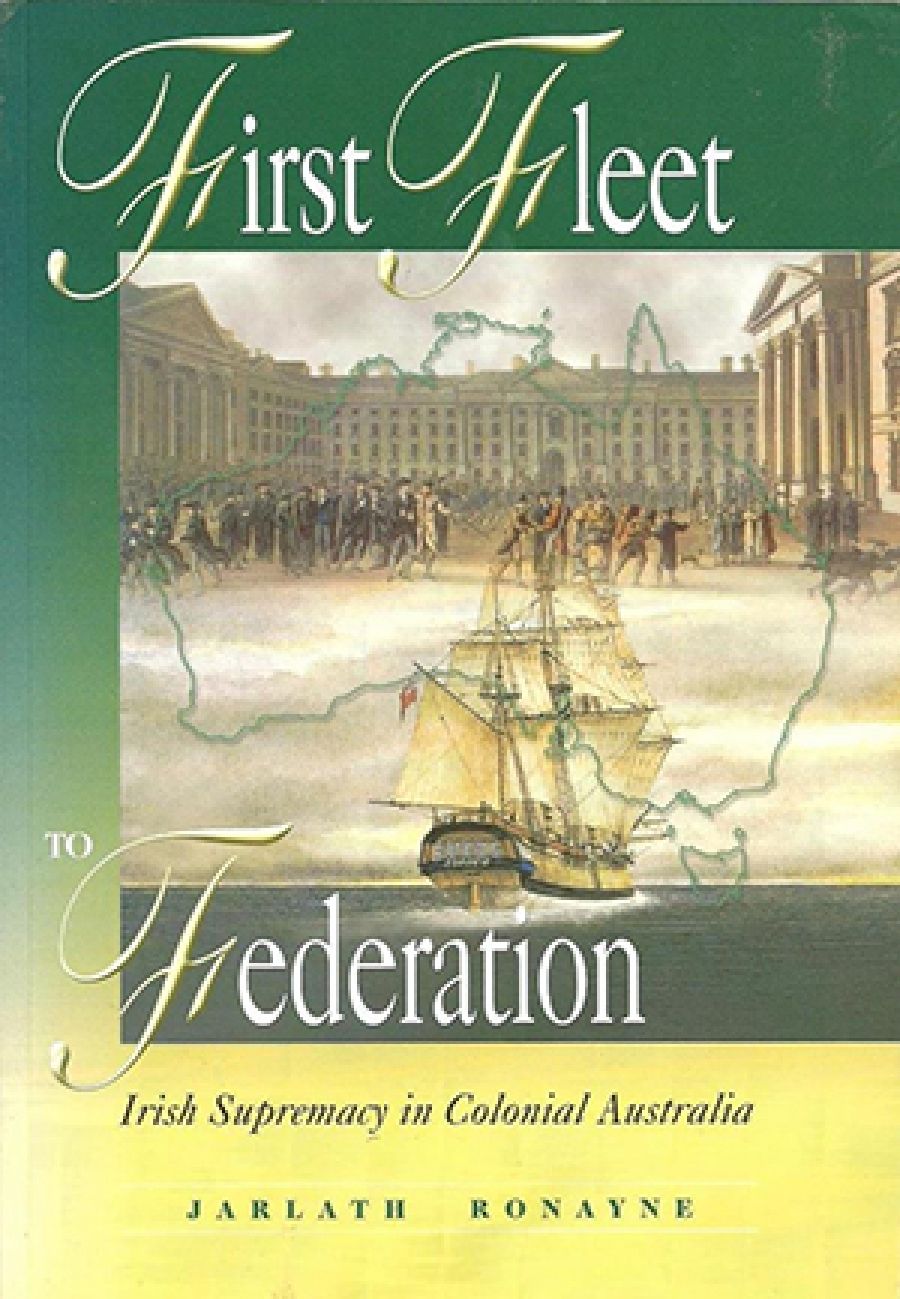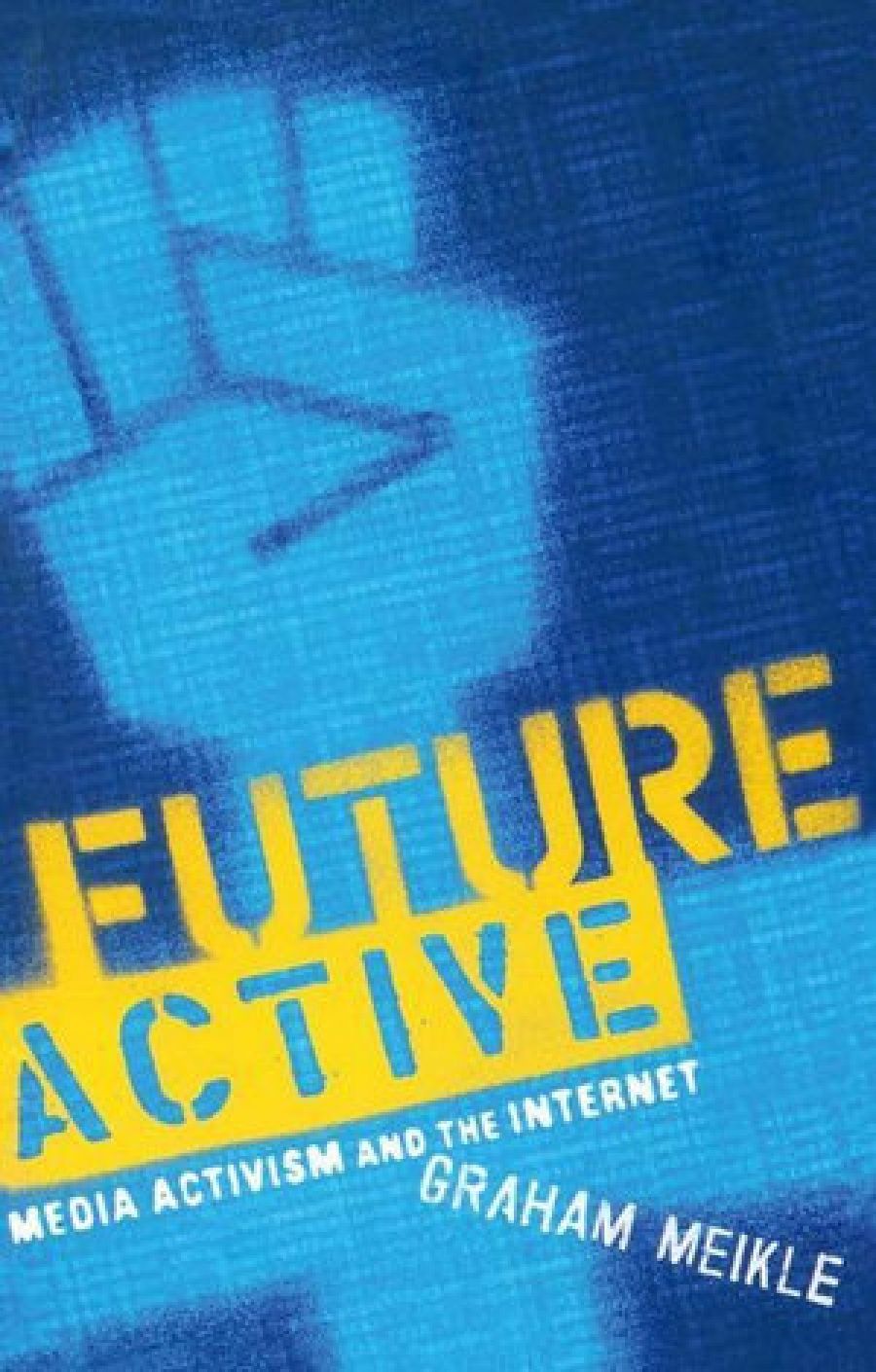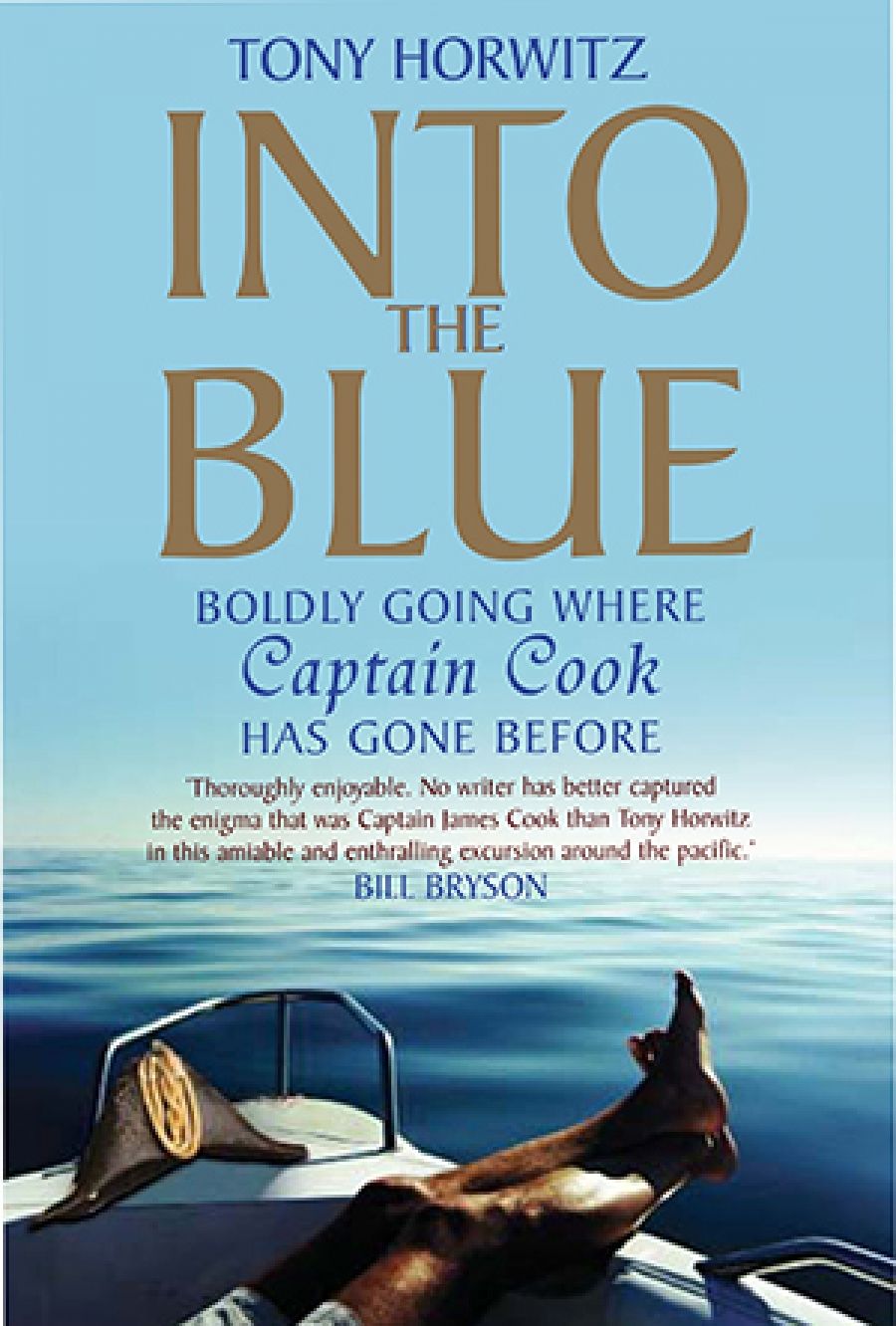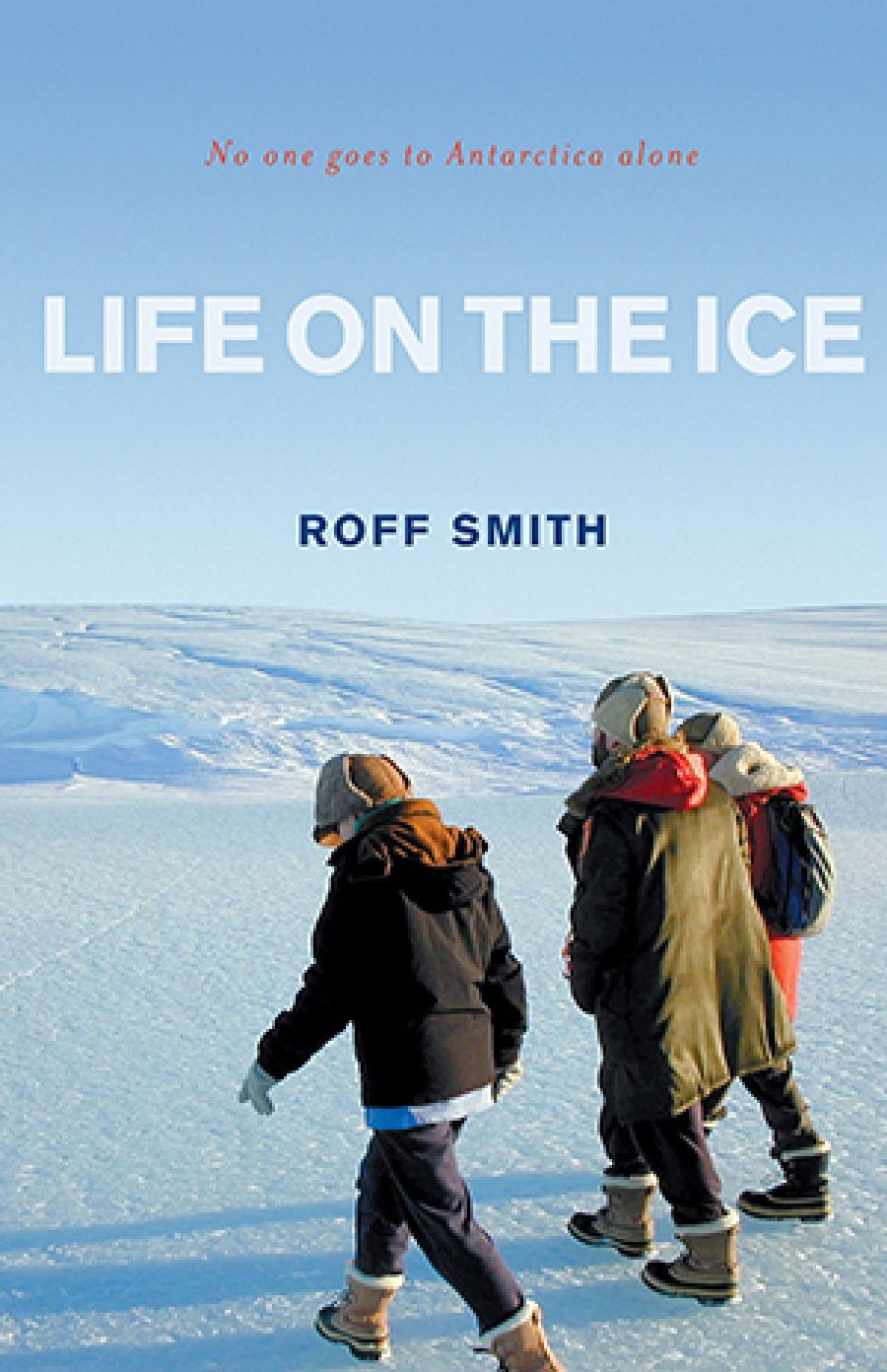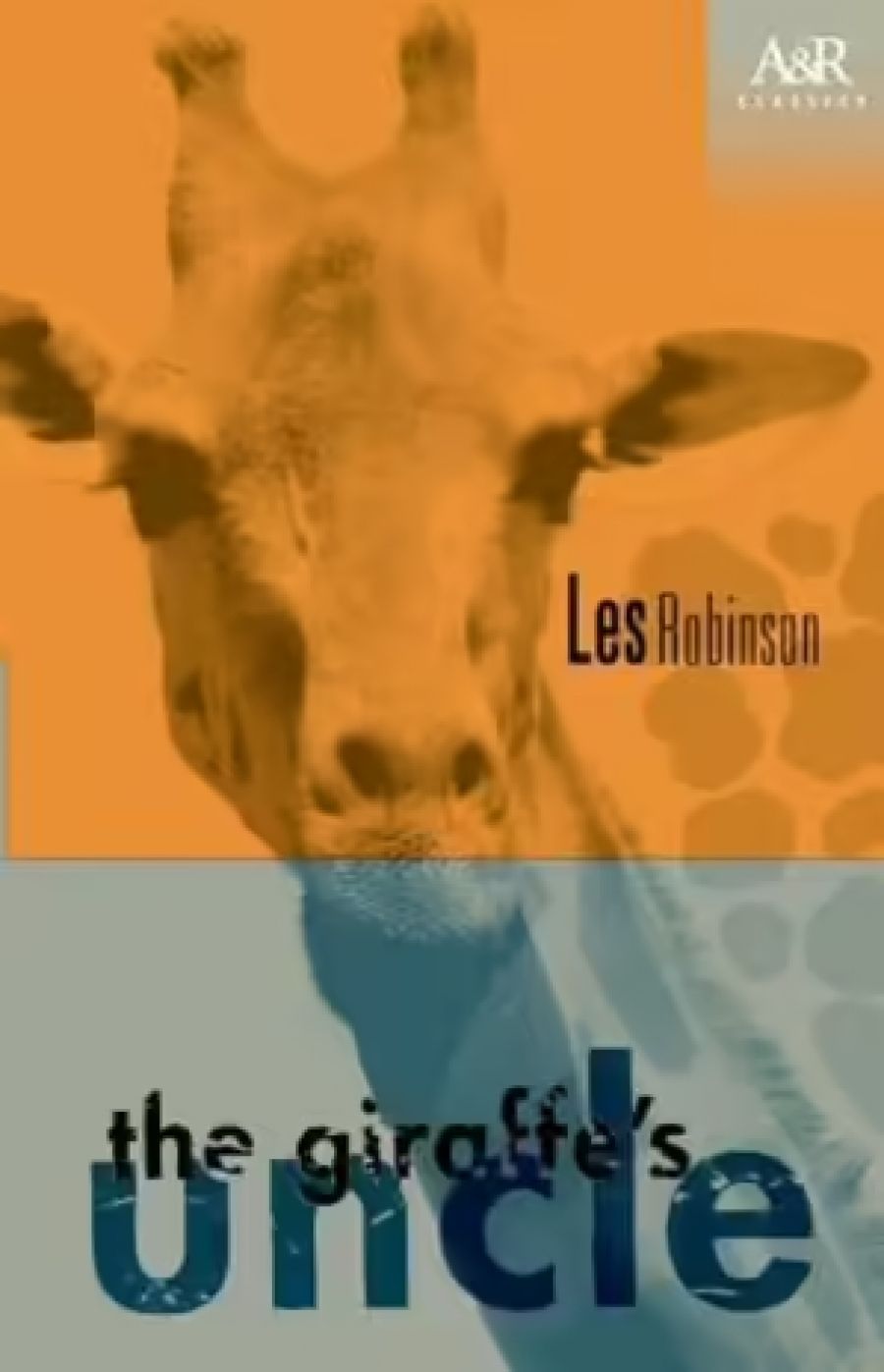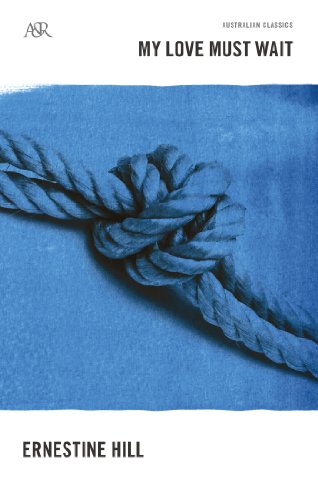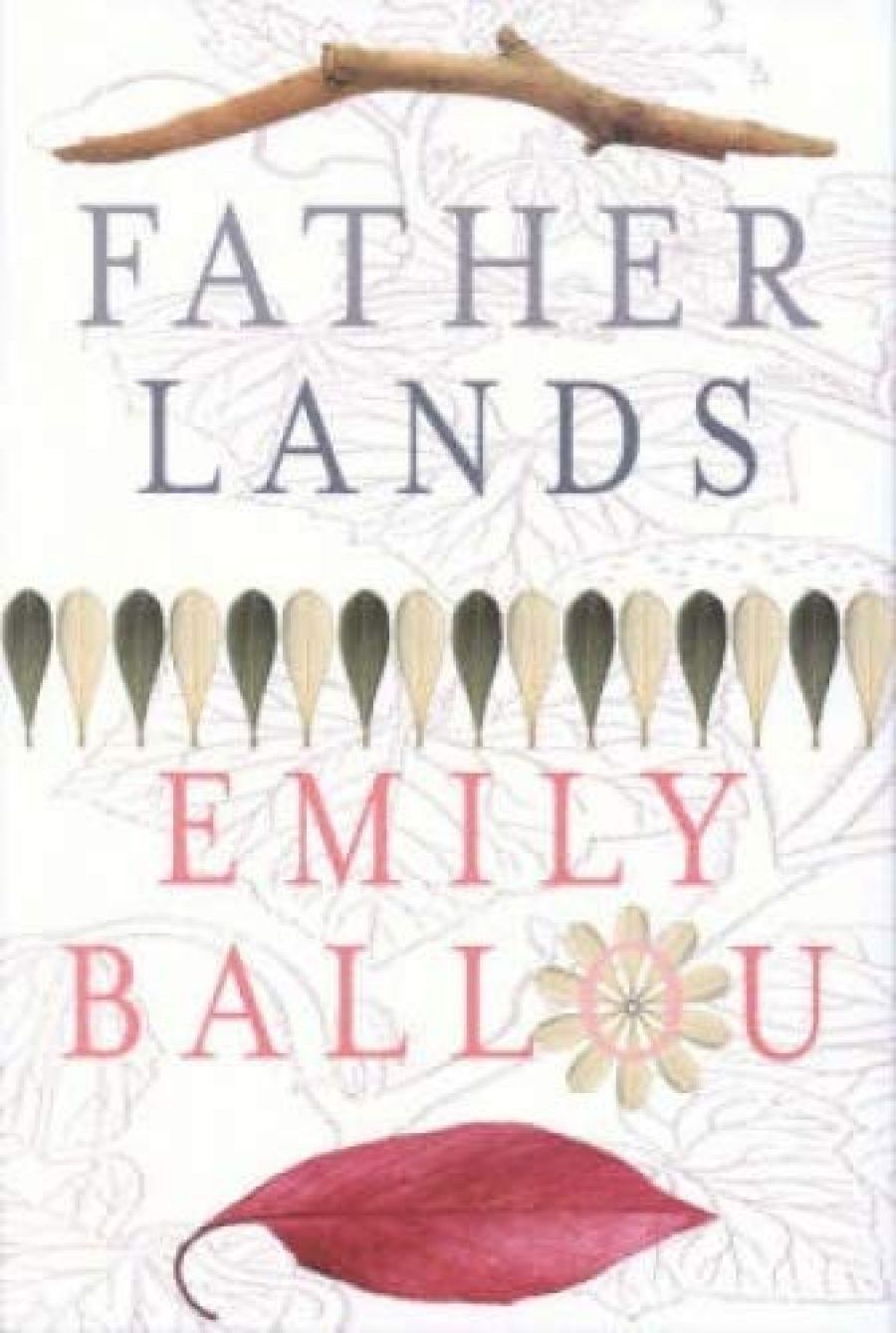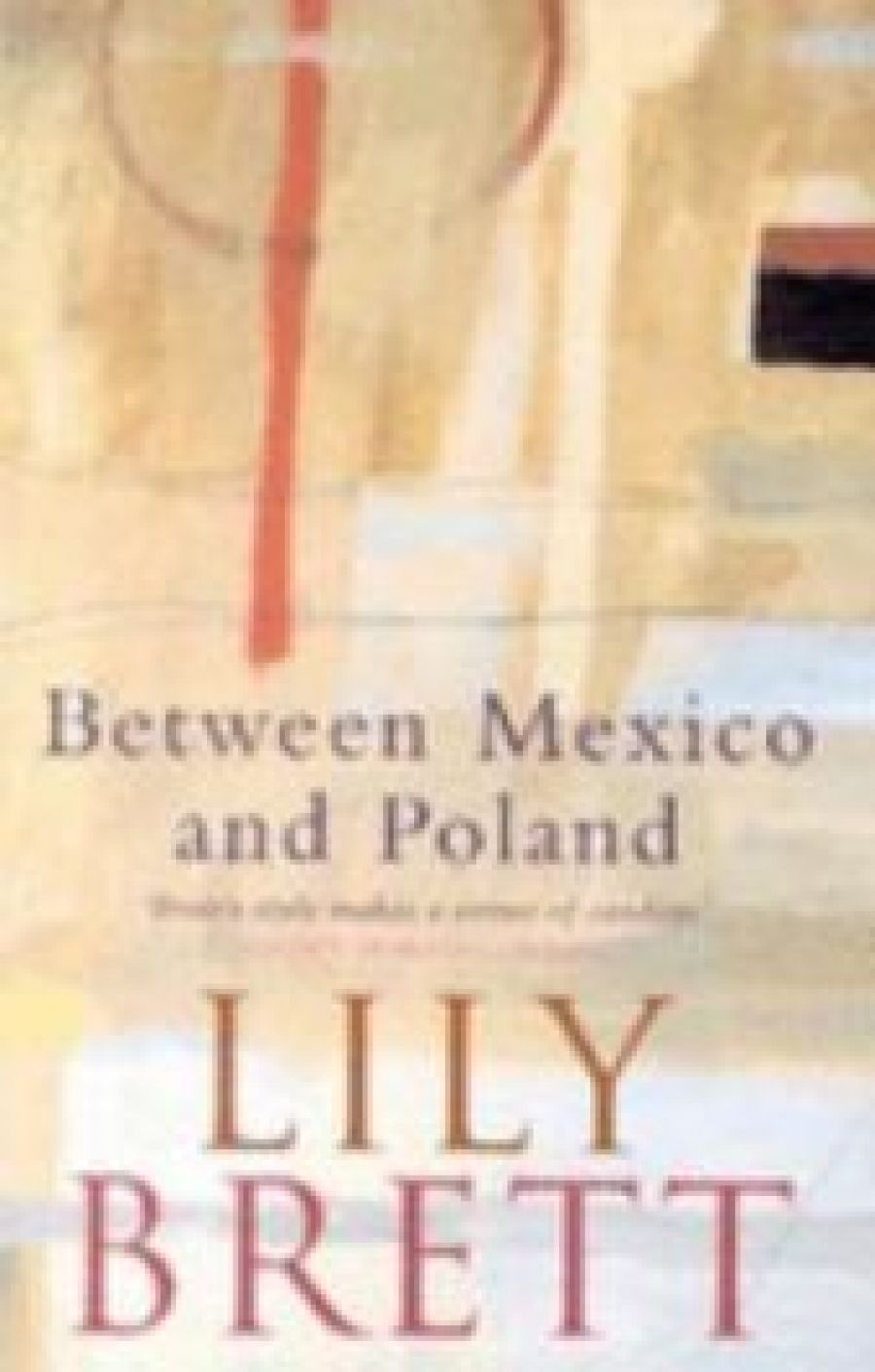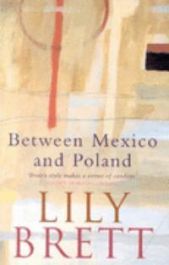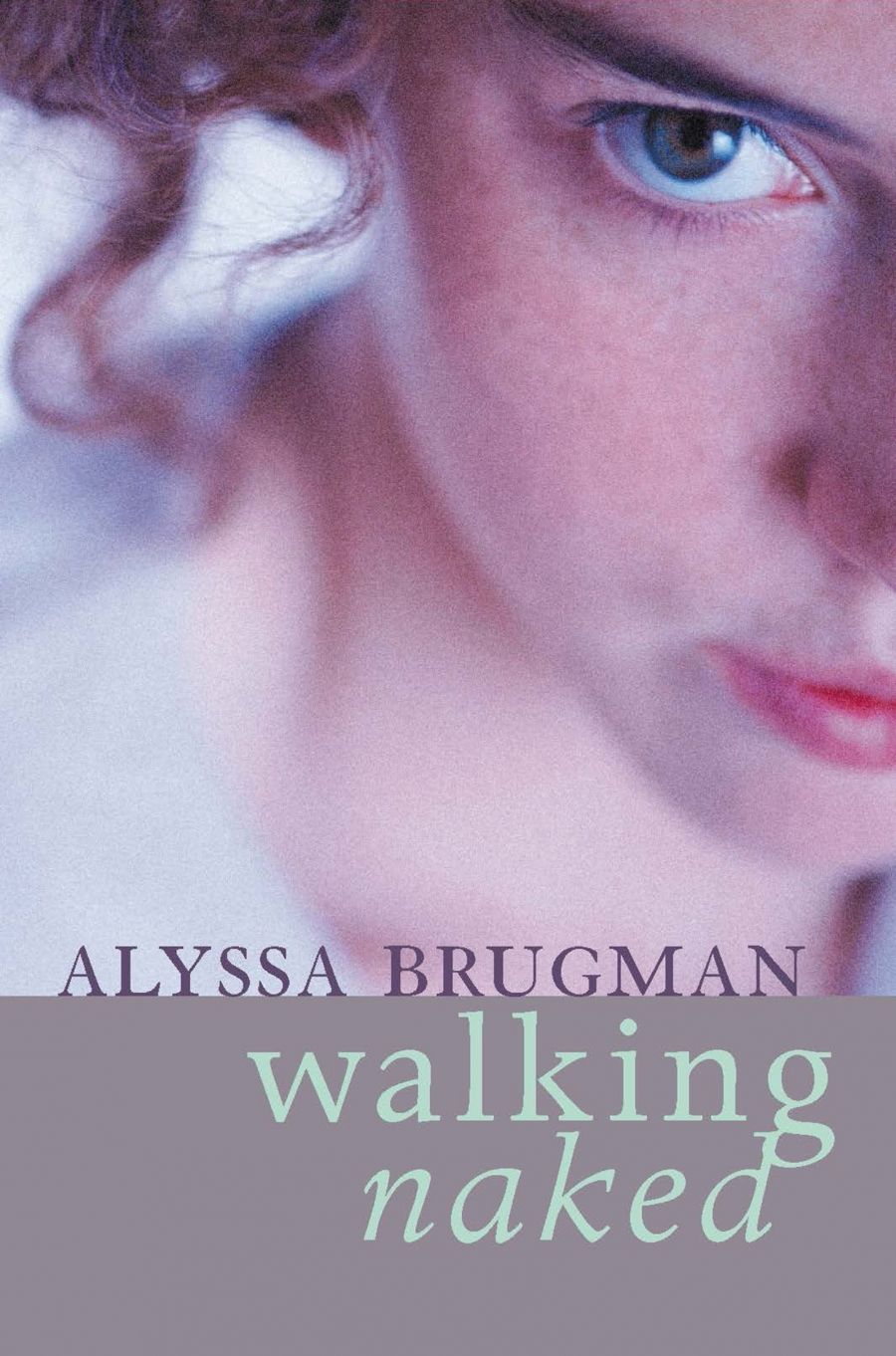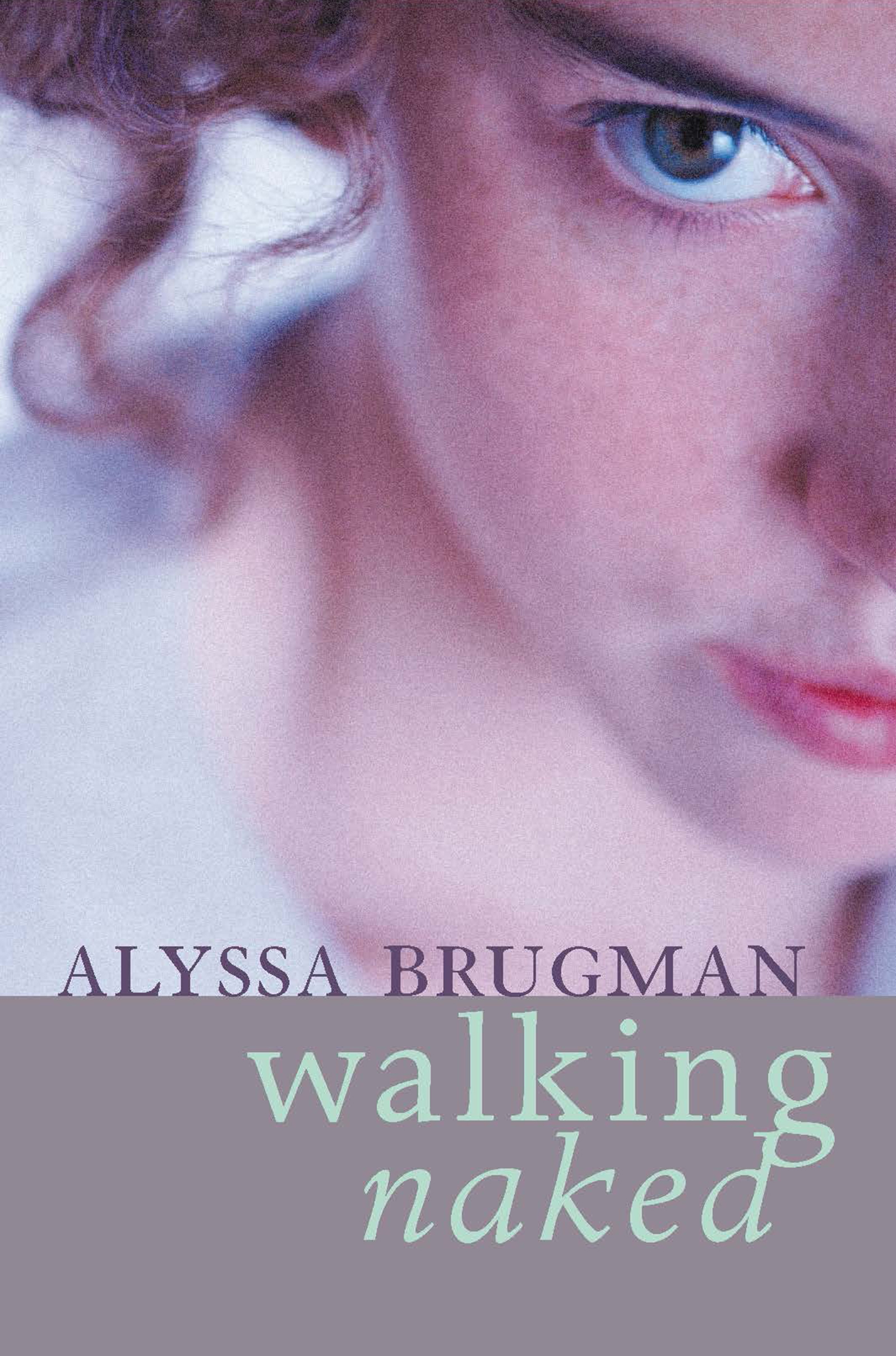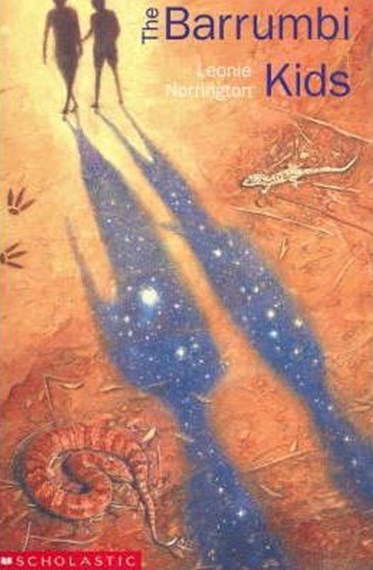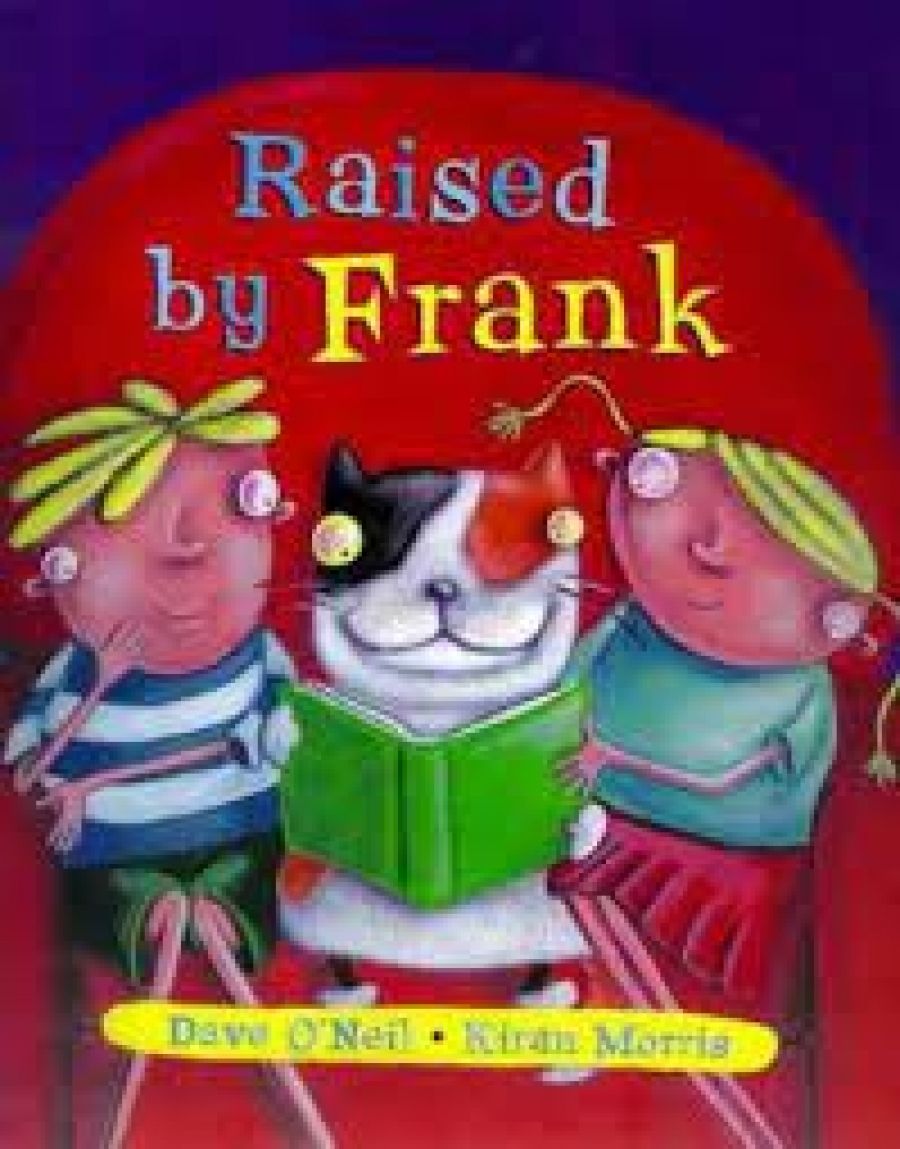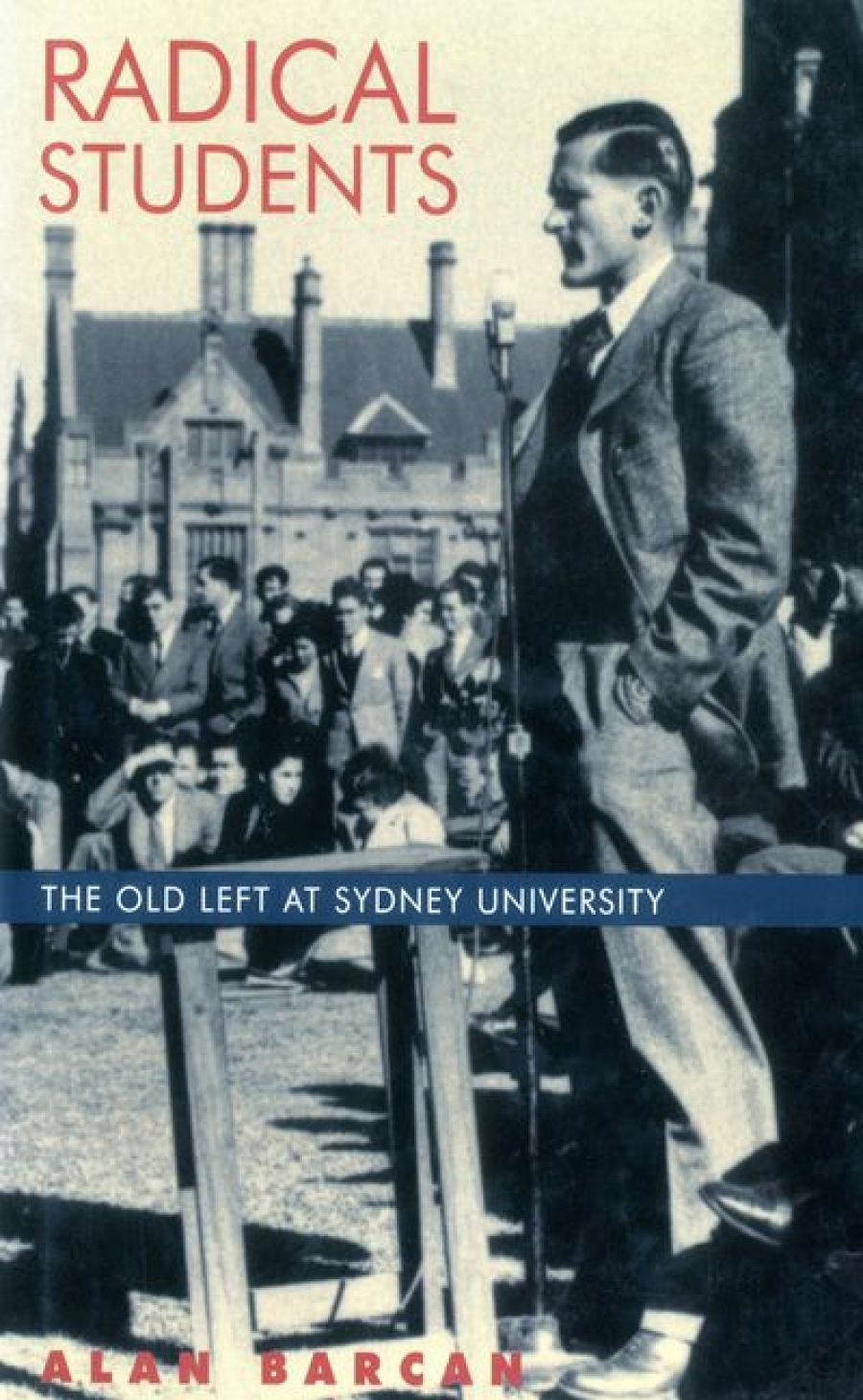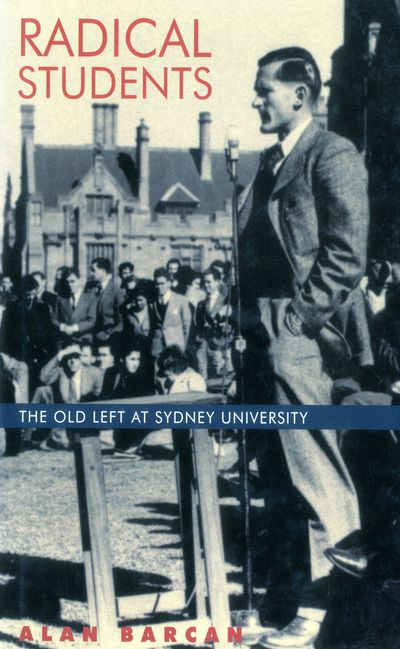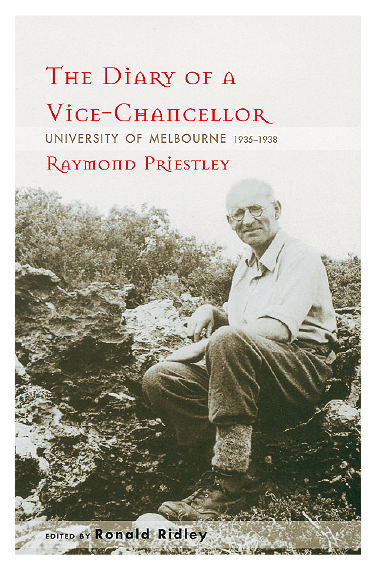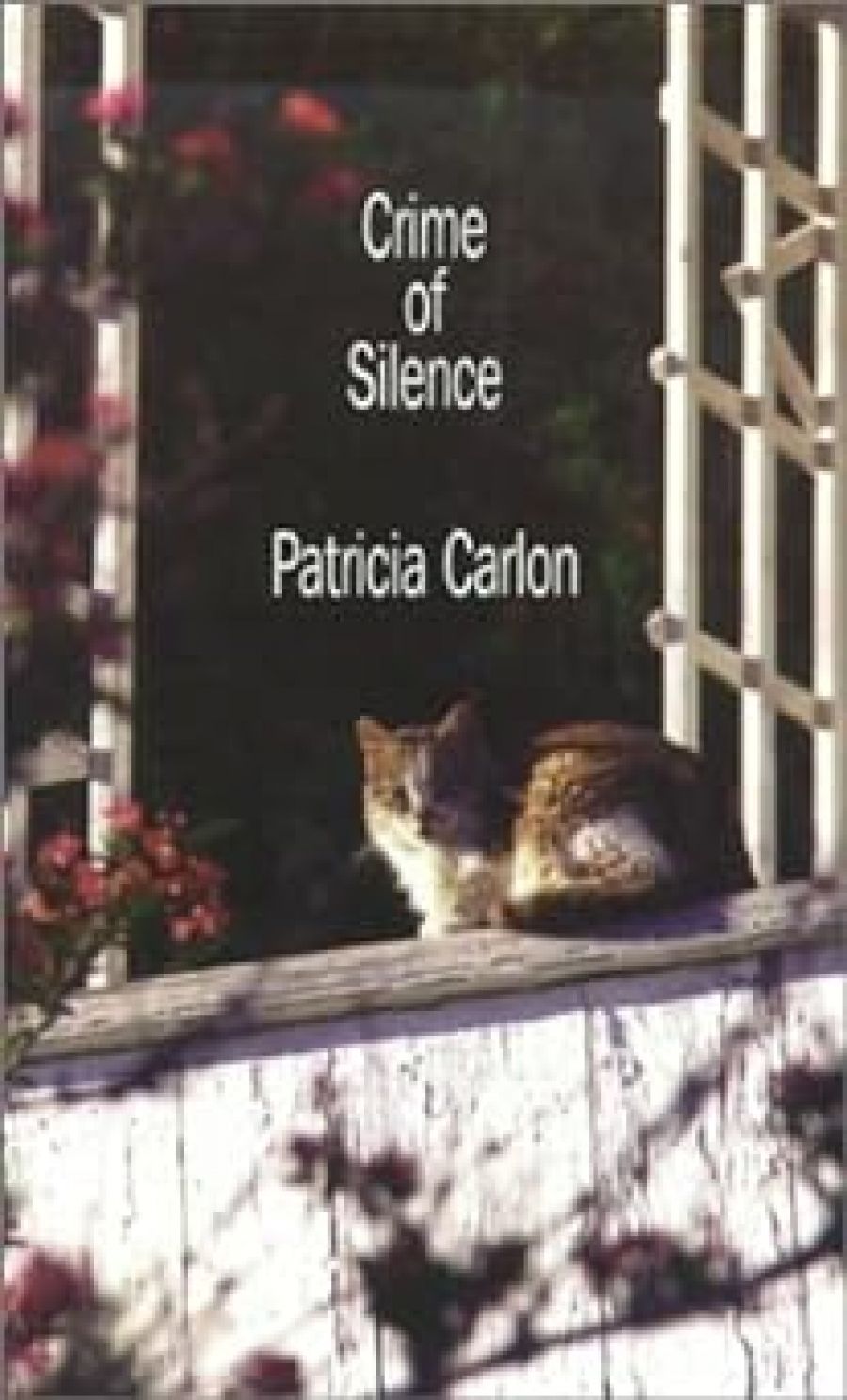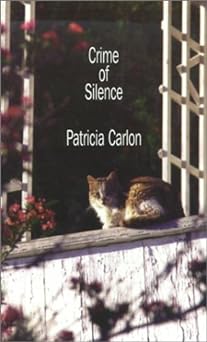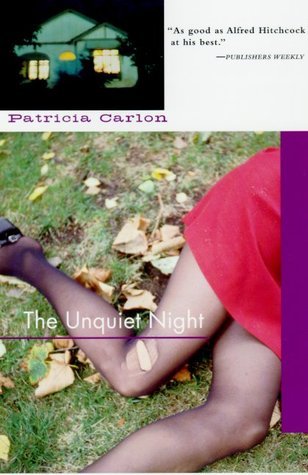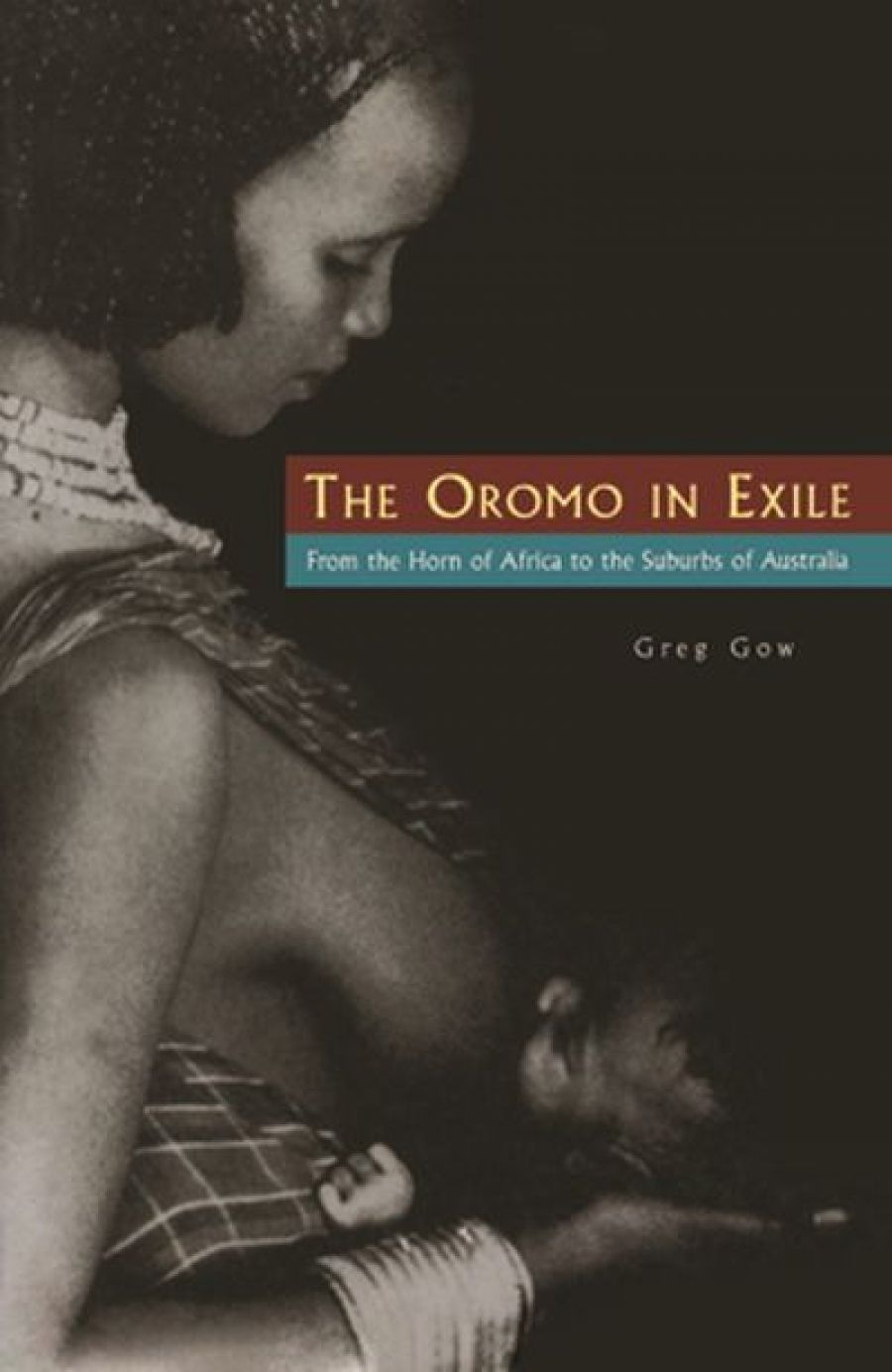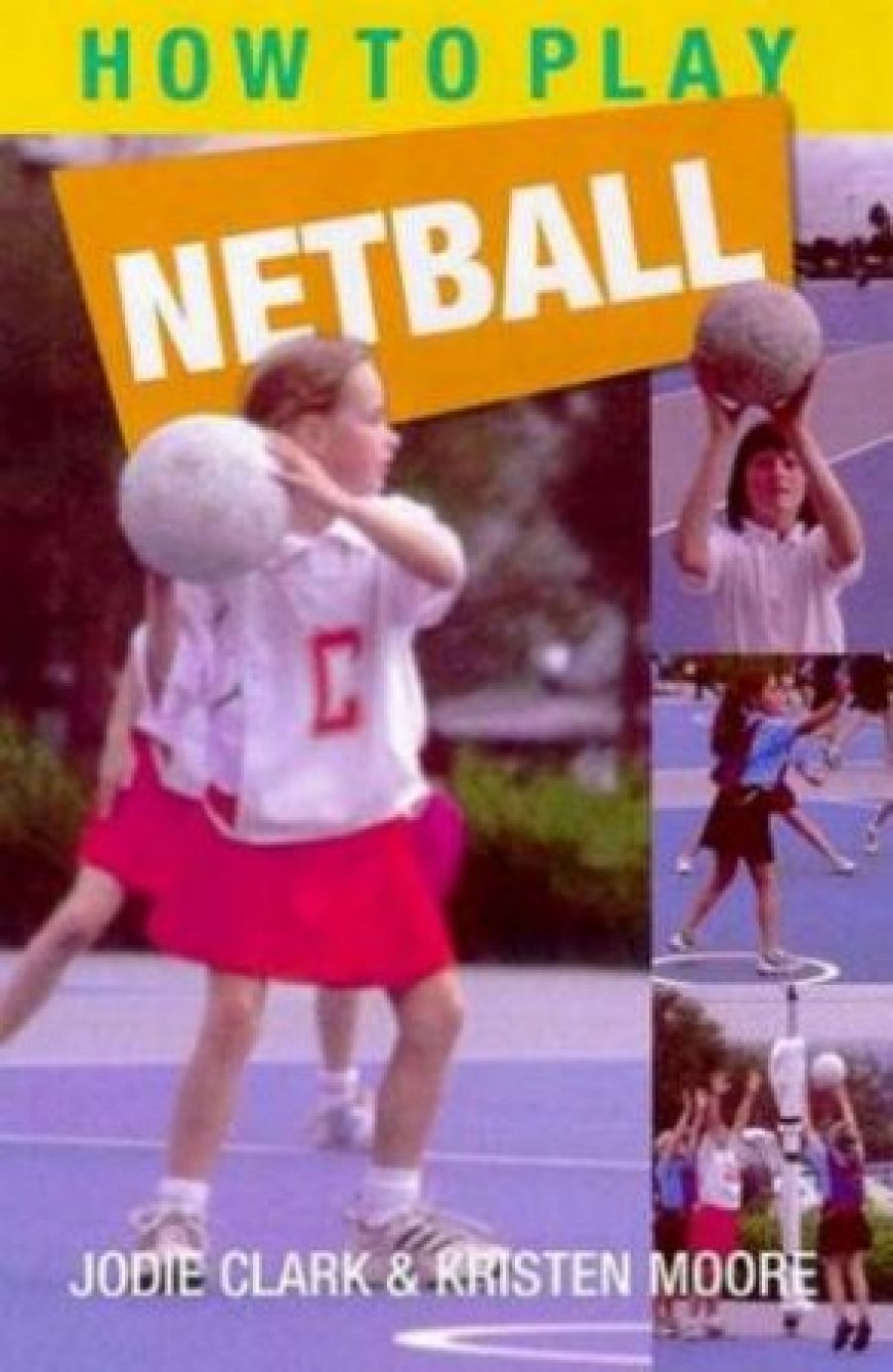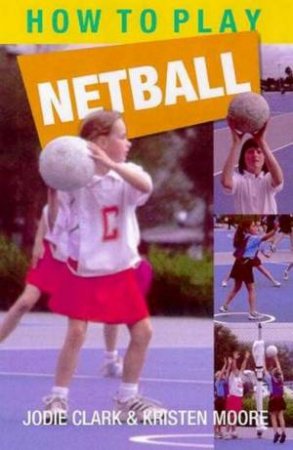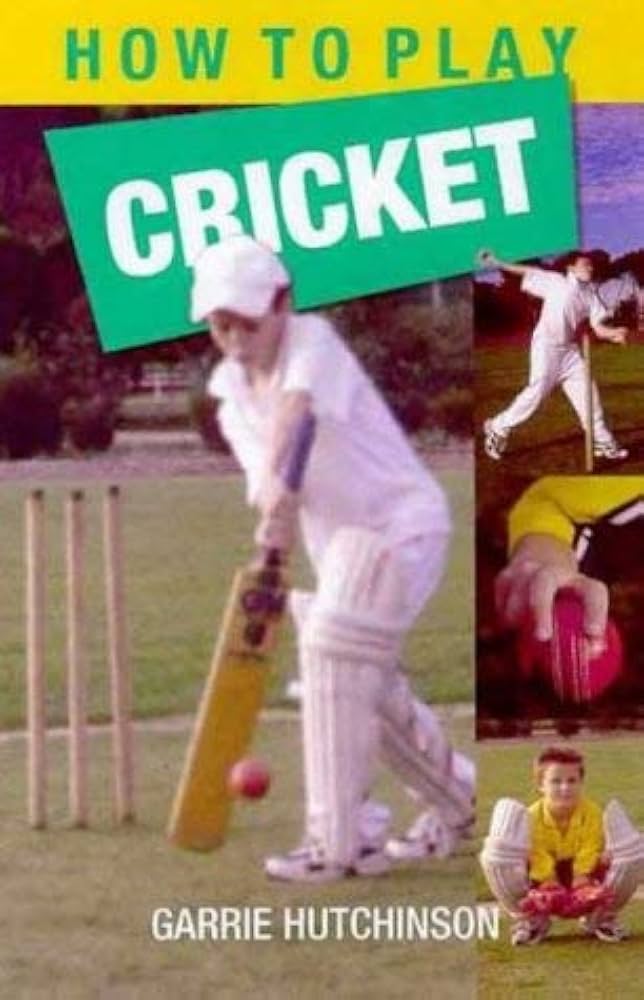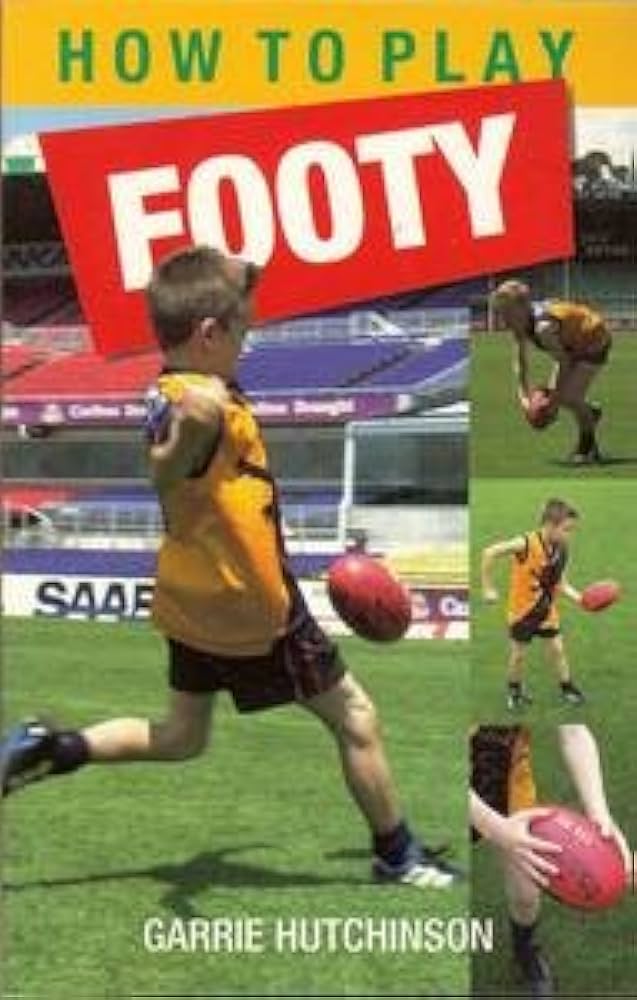Don Anderson
Don Watson’s Recollections of a Bleeding Heart: A portrait of Paul Keating PM (Knopf). Gripping narrative; gripping drama. Plenty of heart; plenty of blood on Canberra carpets. Fond picture of possibly Australia’s last Labour prime minister. Sylvia Lawson’s How Simone de Beauvoir Died in Australia: Stories and essays (UNSW Press). Complex, spacious, committed, convincing, intellectually riveting speculations and reflections. And, finally, anything by Peter Temple, an outstanding crime fiction novelist who combines true grit and a college education with the smells of the city (Melbourne). Try Shooting Star or Dead Point (both from Bantam).
Peter Bishop
Dorothy Hewett’s last testament, Halfway up the Mountain (FACP), has been a constant companion in the year of her death. Drusilla Modjeska, in Timepieces (Picador), casts doubt on whether Australian novelists are meeting the present challenges of their medium, so it’s timely to welcome a new fictional voice as luminous as Saskia Beudel’s in Borrowed Eyes (Picador). In a fight between fiction and faction, Anna Funder’s Stasiland (Text) would be a sensational factional weapon, while Peter Craven’s Best Australian Stories 2002 (Black Inc.) makes it thrillingly clear with what passion the battle would be fought to the last breath.
Neal Blewett
Reflecting the pattern of my reading, the books that left a lasting impression are all biographical — three blockbusters and a modest memoir. Don Watson’s Recollections of a Bleeding Heart is a flawed but marvellous portrait of a flawed but remarkable man, and the most significant work written on Australian politics in the last twelve months. Robert Caro’s Master of the Senate (Knopf) is the third volume in the monumental The Years of Lyndon Johnson, one of the great political biographies of our time. In the early volumes, Johnson emerges as a repellent, indeed possibly a malevolent, character, but, in this volume, while the personality remains unattractive, Johnson begins that use of national power that was to make him ‘the greatest champion (of) black Americans’ since Lincoln. With Hitler, 1936–45: Nemesis (W.W. Norton & Co.), Ian Kershaw brings to a triumphant conclusion the definitive biography in English of last century’s most calamitous figure. By thoroughly analysing both the social context and the institutional framework of Weimar and Nazi Germany, Kershaw provides the most plausible explanation yet of how this banal man and his feuding henchmen came to dominate Germany and bring much of Europe to its knees. Peter Rose’s Rose Boys (Allen & Unwin) is a finely crafted memoir, loving and unsentimental, telling how one family coped with the crippling, in a car accident, of their elder son, a young sportsman of great promise. This austere and moving account of the stoicism of one family is a rebuke to the self-pitying indulgence of our times.
Ian Britain
‘So unAustralian! And so fucking full.’ The expatriate surrealist painter at the centre of Gail Jones’s Black Mirror (Picador) levels this charge against her family house in a West Australian country town. You could say the same of the novel’s own mainly European settings and verbal arabesques. But it’s as Australian (and at times as good) as White, Moorhouse or Hazzard in posing the question ‘What does being Australian mean?’, and I yielded easily to its lush blandishments. I, too, am Australian enough to admit relishing the drug-addled frissons of Nick McDonell’s Manhattan in Twelve (Text) and of South African actor Antony Sher’s cosmopolitan cavortings in Beside Myself (Hutchinson).
Alison Broinowski
What happens when the passions of young men are let loose is our compelling issue this year, but these three writers were working on it well before 11 September 2001 and 12 October 2002. Malise Ruthven, in A Fury for God: The Islamist attack on America (Granta), traces the mild-mannered Islamic scholars whose ideas, accumulated over two centuries, inspired Osama bin Laden and Mohammed Atta. He offers understanding, if no excuses, for their psychopathology about the West. In a first novel by Melbourne-based poet, translator and editor Ouyang Yu, The Eastern Slope Chronicle (Brandl & Schlesinger), the protagonist is a young Chinese man, desperately bored and lonely among Australians whom he hates for not appreciating his talents. But he meets similar rejection on a return visit to China. In Journey to the Stone Country (Allen & Unwin), Alex Miller’s gritty, evocative, fact-based account of a journey through past hatreds in the Australian bush, an unlikely couple resolves ancestral brutality by not repeating it.
Peter Craven
Sonya Hartnett’s Of a Boy (Viking) is far and away the best new Australian piece of fiction I have read, rivalling the achievement of Thursday’s Child last year. Hartnett is a writer who should command the world’s, not just the nation’s, attention: ravishing, often dark in tonality, consistently musical and humorous and credible, and with the tragedian’s capacity to wound and move and stagger. Jeffrey Eugenides’s Middlesex (Bloomsbury) is the long-awaited long novel by the perfectionist among the new American postmodernists. The author of The Virgin Suicides presents a comprehensive vision of Middle America through the lens of sexual catastrophe and manages to make all his whimsies purr with wisdom and grace. In the field of literary criticism, Harold Bloom’s Genius (Bloomsbury) is a grand and gorgeous tour through a hundred classics by one of the master spirits of our age: wise, relaxed and absolutely individual. Anne Carson’s The Beauty of the Husband (Bloomsbury), in paperback this year, is a masterpiece by the finest poet to write in English for … what? … I’d say a generation.
Morag Fraser
Nickel and Dimed: On (not) getting by in America (Granta), Barbara Ehrenreich’s deft investigative exposé of life on a low wage in today’s USA, gives a twist to George Bush Senior’s dictum. The American way of life, for many, is not negotiable. For many, it is also unsustainable, degrading and inequitable. The irony is that it takes an American, and one with Ehrenreich’s courage, to say so. In City and Stranger (Five Islands Press), Aileen Kelly’s uncannily perceptive poems lodge in your bones like late sun or Kosciusko chill —sharpening the way you see the world. Broken Song: T.G.H. Strehlow and Aboriginal possession (Knopf), Barry Hill’s epic, tragic tale of Strehlow and Aboriginal Australia, is indispensable national narrative. Read it all summer.
Raimond Gaita
Kate Jennings’s Moral Hazard (Picador) is a novel about a woman with left sympathies who takes a job on Wall Street in order to earn enough to pay the medical bills incurred by her husband who suffers from Alzheimer’s. It is the work of an intelligence that is fiercely truthful and deepened by love and by a pity that is without condescension and sentimentality. Like all good art that speaks truthfully about affliction, it is unsparing and heartbreaking, yet beautiful. When I finished Richard Flanagan’s Gould’s Book of Fish (Picador), I was heartened and grateful that, in these dark times, there lives amongst us a man with such vision, such courage and such love for his humane art — a man with such largeness of soul.
Kerryn Goldsworthy
I like three of this year’s big doorstops: Don Watson’s Recollections of a Bleeding Heart, hypnotically readable and enlightening; Barry Hill’s Broken Song, lyrical and intellectually demanding; and Les Murray’s Collected Poems 1961–2002 (Duffy & Snellgrove). What these three otherwise wildly different writers have in common is a passion for metaphor, a passion for grammar, a passion for their subject matter, and an awesome capacity for sustained hard work. The Murray collection includes the magical and astonishing sequence ‘Presence: Translations from the natural world’, one of the great achievements in contemporary poetry.
Peter Goldsworthy
Les Murray’s Collected Poems 1961–2002. Walking through this astonishing book from the beginning is to follow again the current of Murray’s poetry, from the simple, still fresh visions of the early narrative poems – ‘Burning Truck’, for example –through the first glimpses of a more dense, overpowering style – ‘Bent Water in the Tasmanian Highlands’ – in which Murray begins to write what he likes to call the fifteenth to twenty-first lines of the sonnet. Smaller-scale images and epigrams still abound, but a third of the way into the book comes the first appearance of the really weird stuff – ‘Bat Ultrasound’ – a new voice which reaches an amazing flowering in ‘Presence: Translations from the Natural World’, probably the most original and genuinely avant-garde poetry written in this country. How many people are writing this book? I suspect that Les Murray is a committee.
Gideon Haigh
It takes a writer of great gifts to tell you a story in which you’re acquainted in advance with most of the characters, already have the gist of the plot, and know the conclusion, but John Cassidy kept me turning the pages of his Dot.Con (Penguin) right to the bitter end. Boo Hoo (Arrow), Ernst Malmsten’s first-person chronicle of his Internet start-up cock-up, told the same story from the point of view of the dimwit naïf, with a lack of self-awareness that was breathtaking. A market of a different kind was the subject of John Sutherland’s entertaining chronicle of British bestsellerdom, Reading the Decades (BBC Books). My favourite Australian book of the year, alas, is unlikely to make any such list, but Brad Collis’s anecdotal account of the CSIRO at work, Fields of Discovery (Allen & Unwin), was an achievement worthy of its subject.
Jacqueline Kent
Chris Masters’s Not for Publication (ABC Books): stories that for various reasons didn’t make Four Corners. A sharp-eyed, astute exploration of some dilemmas of modern journalism, mercifully free of self-aggrandisement or special pleading. Steven Carroll’s The Art of the Engine Driver (HarperCollins): in evoking 1950s Australian suburbia, Carroll creates a wide-ranging and truthful emotional landscape and memorable characters from a milieu that could have been banal or — worse — sentimental. George Clare’s Last Waltz in Vienna (Vintage). This deceptively casual memoir of middle-class Jewish family life in Vienna at the time of the Anschluss gains its power from the jolting contrast between ordinary daily events and the monstrous bureaucracy of Nazi Germany.
Patrick McCaughey
Janine Burke’s Australian Gothic: A life of Albert Tucker (Knopf) deserves acclaim as well as notoriety. In the most intimate biography of a modern Australian master, Burke untangles the tangled skein of Tucker’s personal and artistic lives. Once past the spectacular vulgarity of its cover, Angus Trumble’s Love and Death: Art in the age of Queen Victoria (Art Gallery of South Australia) provides the best introduction to late Victorian painting. Drawing only from Australasian collections, Trumble marshals an illuminating account of the cultural and social background, and enlists an impressive supporting cast of local talent and international luminaries as contributors. David Cannadine’s essays, In Churchill’s Shadow (Allen Lane), strengthen his hand as the noble successor to H. Trevor Roper and A.J.P. Taylor as the master of the historical essay. The shadow of Empire falls across his pages and the passing of its power, richly illuminated in unusual pairs such as sharp analyses of Noel Coward’s patriotism and Ian Fleming’s clubland heroes.
Brian Matthews
Rachel Seiffert’s The Dark Room (Vintage): a wrenching and finally devastating account emerges from this deceptively unassuming narrative. Small, catastrophic brushes with the Holocaust unfold from stories of people desperate to be freed from the rapacious past. Richard Flanagan’s Gould’s Book of Fish (Picador): well-known now as a novel you either hate or love. Seduced by its fluency, wit, effortless invention and the laterally emerging indictment of genocide, I was, and remain, among the lovers. Tim Parks’s A Season with Verona (Secker & Warburg): brilliantly perceptive, often fracturingly funny, Parks’s pursuit of the ‘Giallo Blu’ through an entire season of Serie A football is one of the great books on sport, and an honourable addition to the literature of black obsession.
Brenda Niall
Stories from three cities – Budapest, Vienna, Berlin – make my list of 2002 favourites. First published in 1942, Sandor Marai’s Embers (Penguin) has just appeared in English translation. It’s a subtly told novel of friendship, class inequality, envy and betrayal, emblematic of the collapsing Austro–Hungarian Empire. Last Waltz in Vienna (Pan) is a superb family memoir. The author, George Clare (Georg Klaar), escaped to England in 1938. His parents, who felt so thoroughly assimilated that being Jewish seemed incidental, lingered and were lost. It reads like a novel – sadly, it’s all true. Sydney writer Anna Funder worked in the former East Germany after the fall of the Berlin Wall. In Stasiland (Text), she writes about how people lived on that ‘other side’, during the time of division. Funder balances the roles of interviewer, historian and friend in a brilliant, absorbing narrative.
Allan Patience
Susan Hawthorne’s Wild Politics: Feminism, Globalisation, Bio/Diversity (Spinifex Press) is a passionate book offering a kaleidoscope of ideas, arresting ways of seeing things, and possible solutions for many of the man-contrived environmental messes across the violated globe. Its barefaced audacity is its greatest attraction. Hawthorne has blazed a trail for others to follow. Next comes Alex Miller’s Journey to the Stone Country (Allen & Unwin). All of Miller’s novels glow like rubies, especially this one. It could be the first genuinely Australian novel after The Tree of Man (pipping True History of the Kelly Gang at the post). Its handling of the contemporary Aboriginal experience is especially moving — never patronising, always sympathetic. Arguably, with this beautiful novel, Miller is now established as a successor to Patrick White.
Ros Pesman
Bernard Smith’s new volume of autobiography, with its wonderfully resonant title, A Pavane for Another Time (Macmillan), and its telling dedication to Ernst Gombrich, is a rich evocation of the young Smith’s exploration of ideology, love and art in Sydney, London and Italy in the immediate post-war years. Among those with whom he exchanged ideas was Ernst Gombrich’s fellow art historian and neighbour in Woburn Square, Anthony Blunt, whose many lives, as told in Miranda Carter’s Anthony Blunt: His lives (Farrar, Straus & Giroux), are a voyeur’s dream read. Iris Origo also lived many lives: wealthy young woman in Bernard Berenson’s expatriate Florence, farmer with her aristocrat husband (and the support of Mussolini’s agrarian reforms) on a crumbling estate near Siena, wartime helper of partisans and prisoners of war, historian, biographer and literary critic. Caroline Moorehead’s biography, Iris Origo: Marchesa of Val d’Orcia (David R. Godine) is a fascinating portrait of this independent, not always likeable, woman.
Peter Pierce
The best work of Australian history that I encountered was Mark McKenna’s Looking for Blackfella’s Point (UNSW Press), a probing account of what ‘An Australian History of Place’ might mean locally and at large. He has focused intently on the colonial process of forgetting and misremembering. In American Scoundrel (Random House), Thomas Keneally has written a rollicking history of Dan Sickles, Tammany politician, amorist, murderer, Union general in the Civil War. He is a Schindler prototype – a magnetically attractive rogue, and survivor. In Australian poetry, nothing equalled Anthony Lawrence’s sparkling and varied collection Skinned by Light (UQP).
Dorothy Porter
The two stand-out novels for me in 2002 were conspicuous favourites for many other readers as well – both bestsellers and chosen for the Booker shortlist. The first is Tim Winton’s Dirt Music (Picador). I revelled in its numinous creation of character and landscape, though believing in its happy ending with my heart rather than my head. The other is Sarah Waters’s Fingersmith (Virago), a potent brew of gothic story-telling, unapologetic lesbian romance and Victorian England, fabulously evoked without forelock tugging to Dickens. My poetry reading was mainly spent revisiting poems or poets. I reread with envy and awe a number of Shakespeare’s plays. After the bomb blast in Bali, I put aside the marvellous new edition of Coleridge’s poems (edited by his biographer, Richard Holmes) and turned to the lucid perspective of W.H. Auden’s poems of the 1930s. It was strange turning to a poet not just for comfort but also for common sense.
Peter Porter
Robert Gray’s Afterimages (Duffy & Snellgrove) shows this admired poet changing direction from seeing things to thinking things. The long poems are remarkable, being like soliloquies of a Coleridge well past any hope of a ‘Frost at Midnight’ redemption. The shorter poems show Gray developing his renowned eye for the way things can become words, but it is the extended reveries on his parents and the country where he was brought up, north of Sydney, that shine with unexpected linkings and lyrical interludes. Ross King’s Michelangelo and the Pope’s Ceiling (Chatto & Windus) is a day-to-day, brushstroke-by-brushstroke account of how the irascible genius from Florence decorated the ceiling of the Sistine Chapel erected by his nepotistic Pope’s uncle. Julius II is a monster worthy of anyone’s fascination, but the core of this brilliant book is its record of how, with ever-changing and reluctant assistants, Michelangelo covered the thousands of square feet with imperishable, if not always well-drawn, images. Charles M. Joseph’s Stravinsky Inside Out (Yale University Press) is my nomination for the worst book I’ve read this year. Joseph, an American academic, accuses the composer of posing as an all-purpose Yankee after moving to the USA. A book to prove that creative artists are hated by many university placemen, and revealing that you can study music in auspicious conservatoria and have no ear for it or understanding of it.
Chris Wallace-Crabbe
My three books would have to include Christopher Kremmer’s The Carpet Wars (HarperCollins), which vividly personalises and diversifies the troubled world of central Islam. Then there is Peter Conradi’s large biography, Iris Murdoch: A life (HarperCollins). Most literary biographies are dull because the practice of writing is as boring as bat-shit, but Murdoch’s many novels intersect fascinatingly with her promiscuously inquiring life, as this book demonstrates. For a wild card, I’d add Milorad Pavic’s Dictionary of the Khazars (translated by Christina Pribicevic-Zonic; Dereta, Belgrade), which constructs an absurdist semi-history with fantastic elaboration.
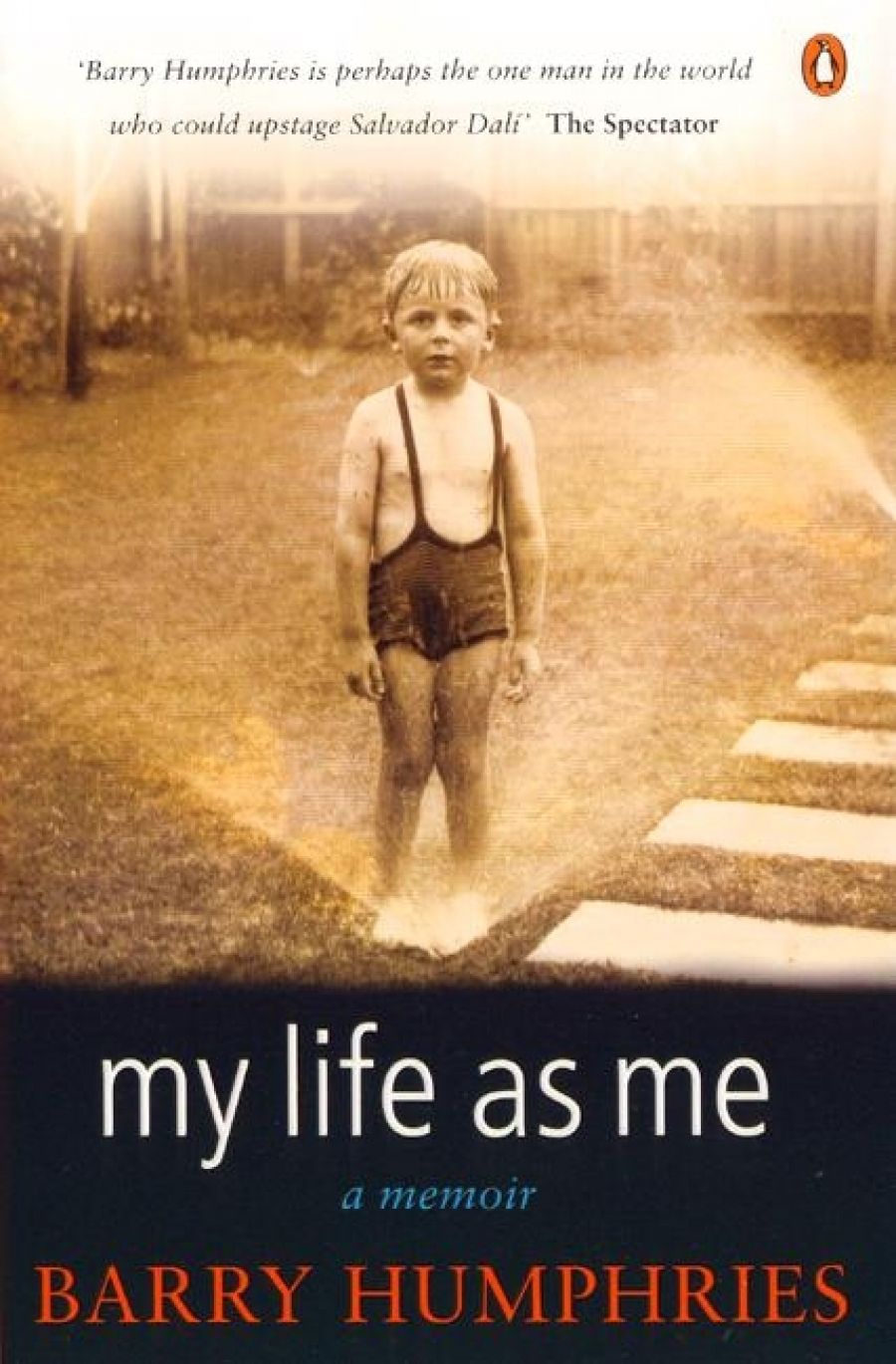


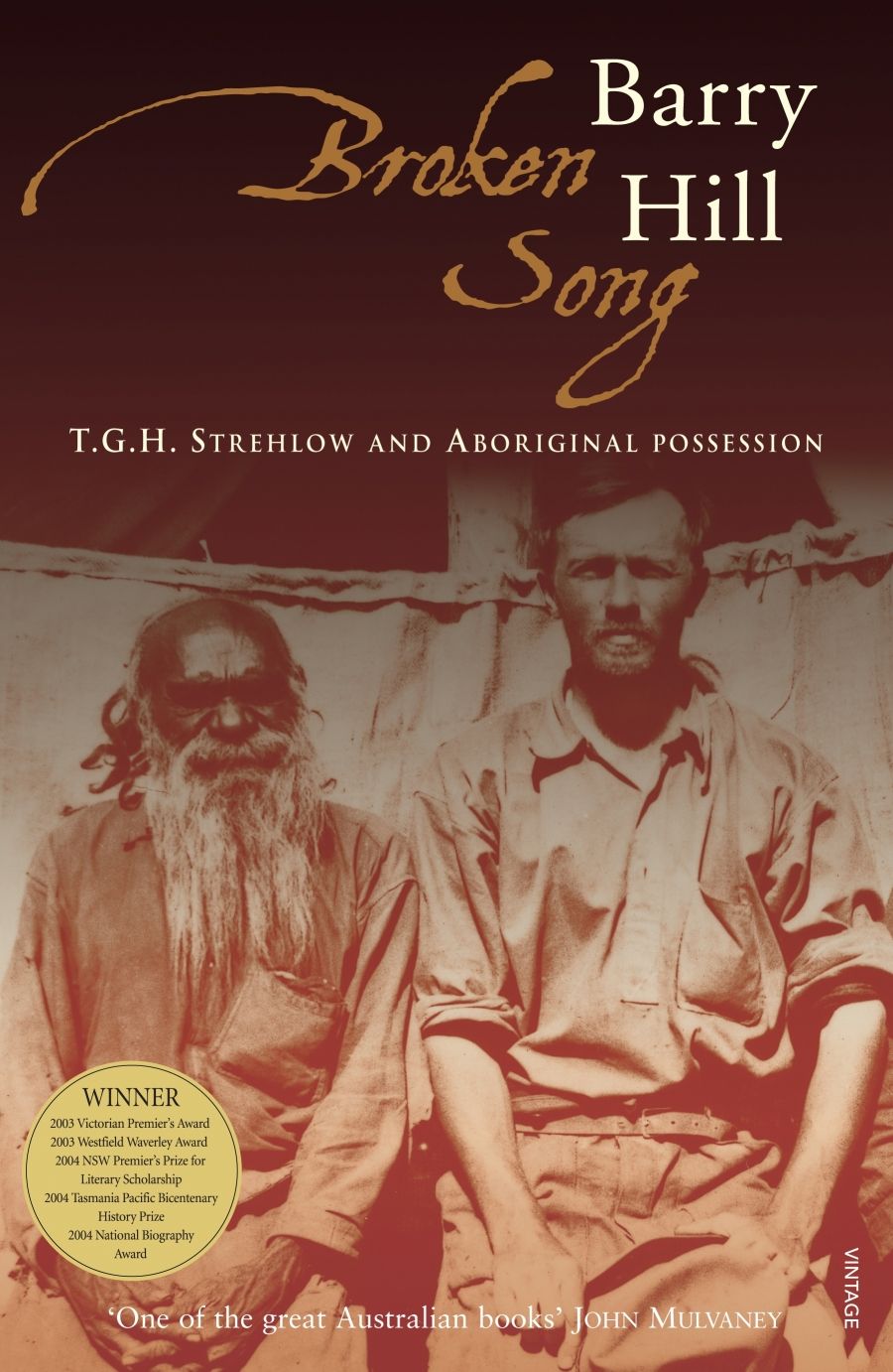
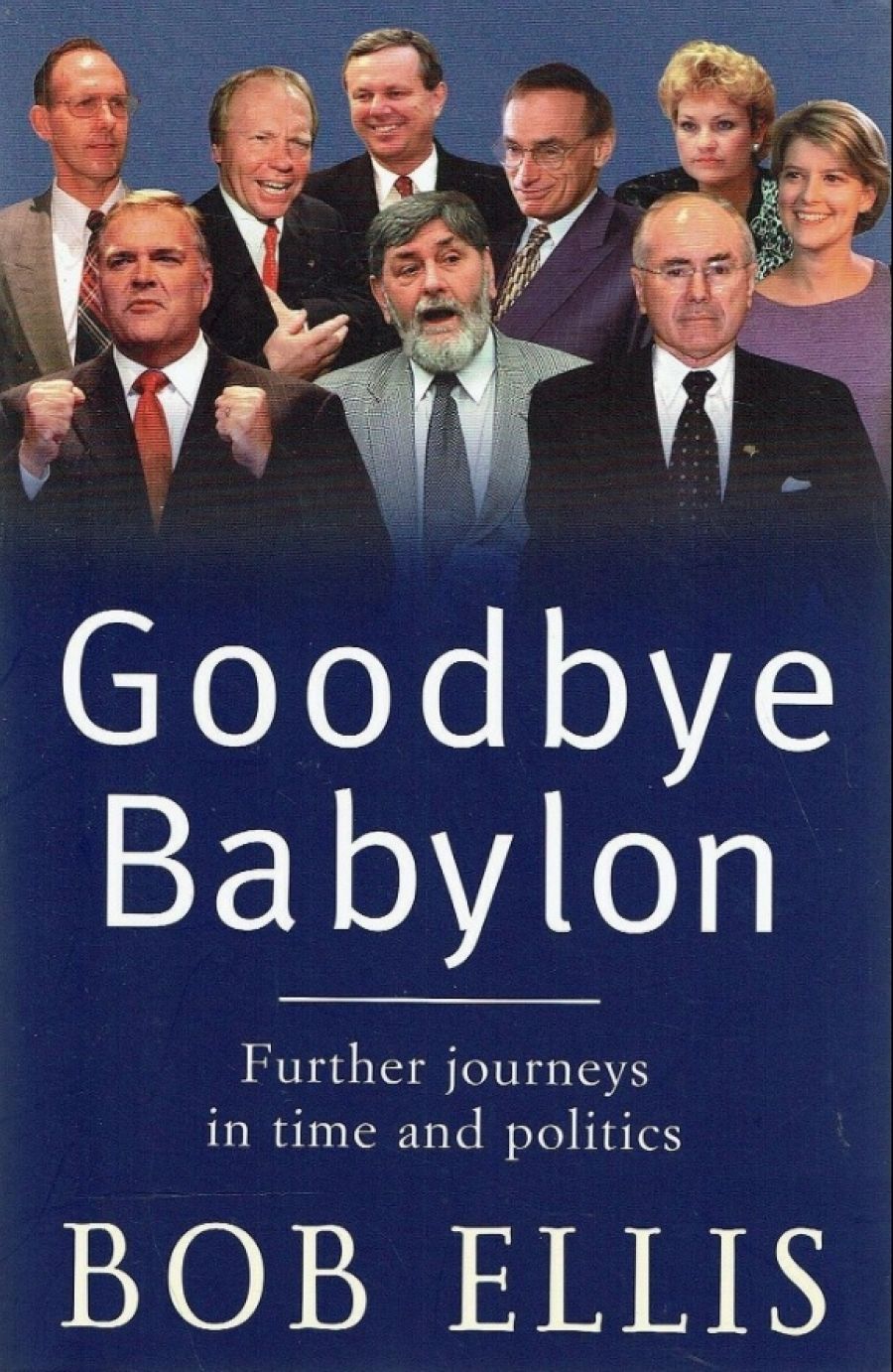
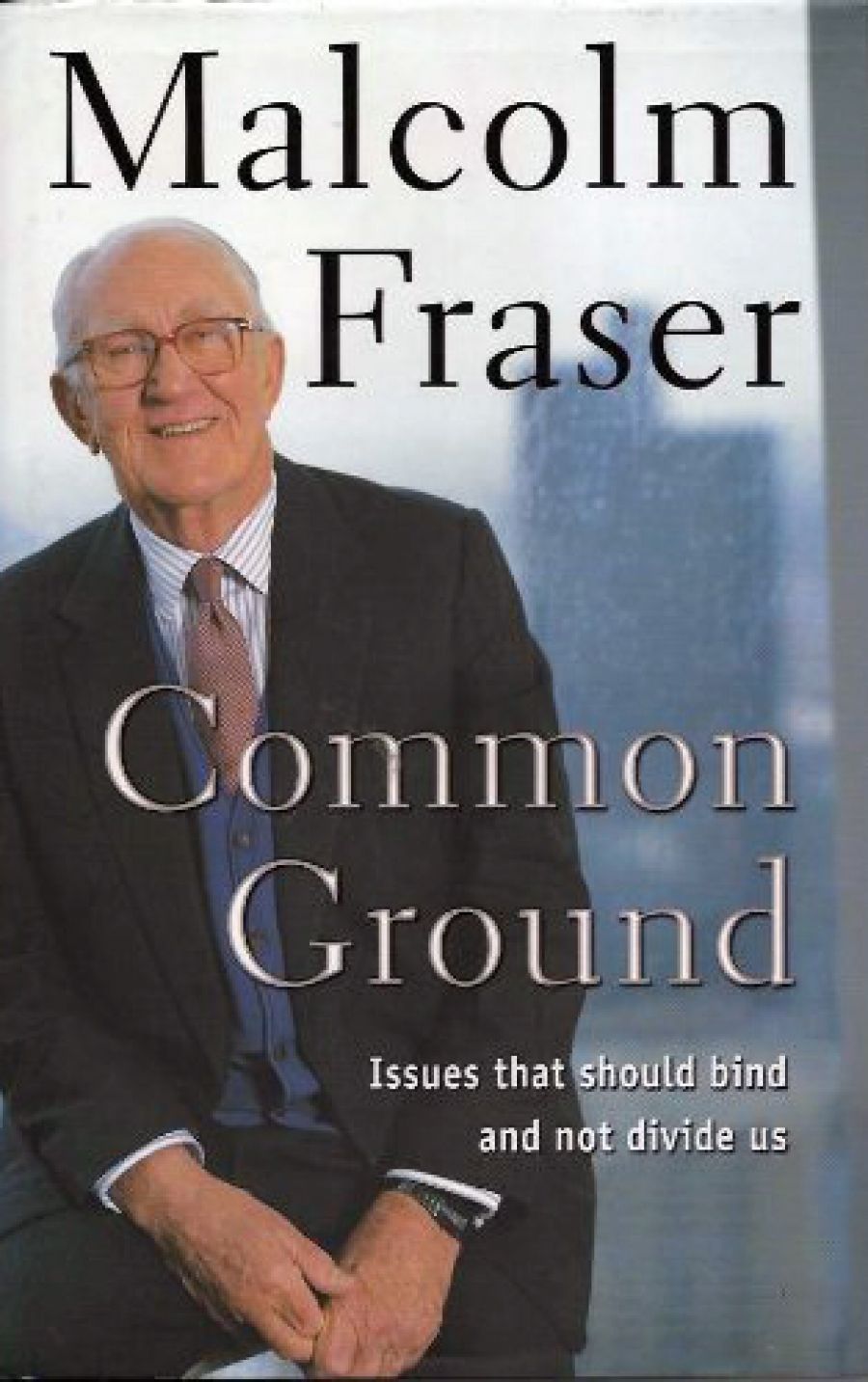
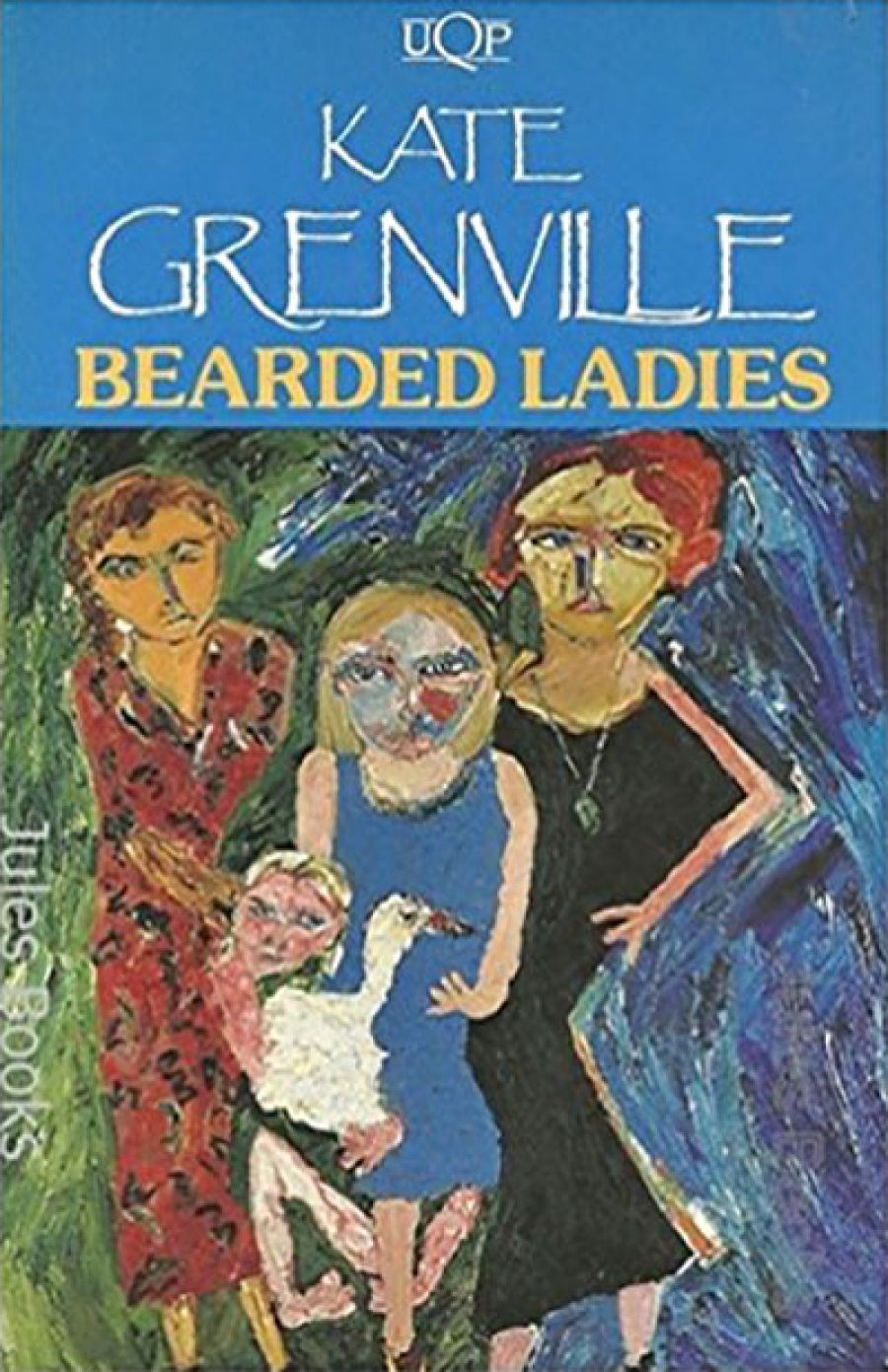
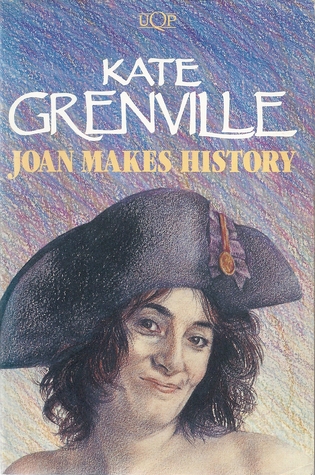
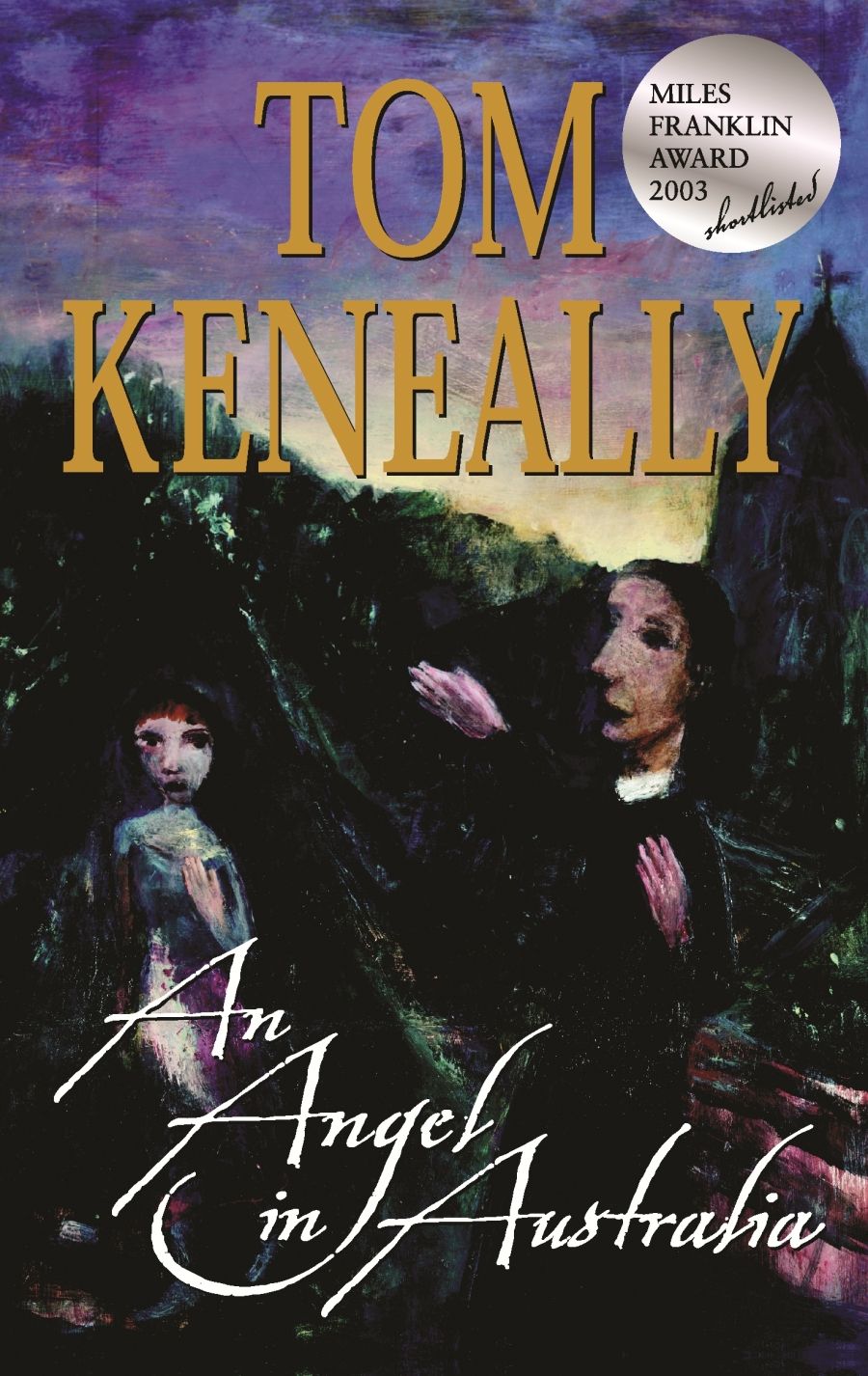
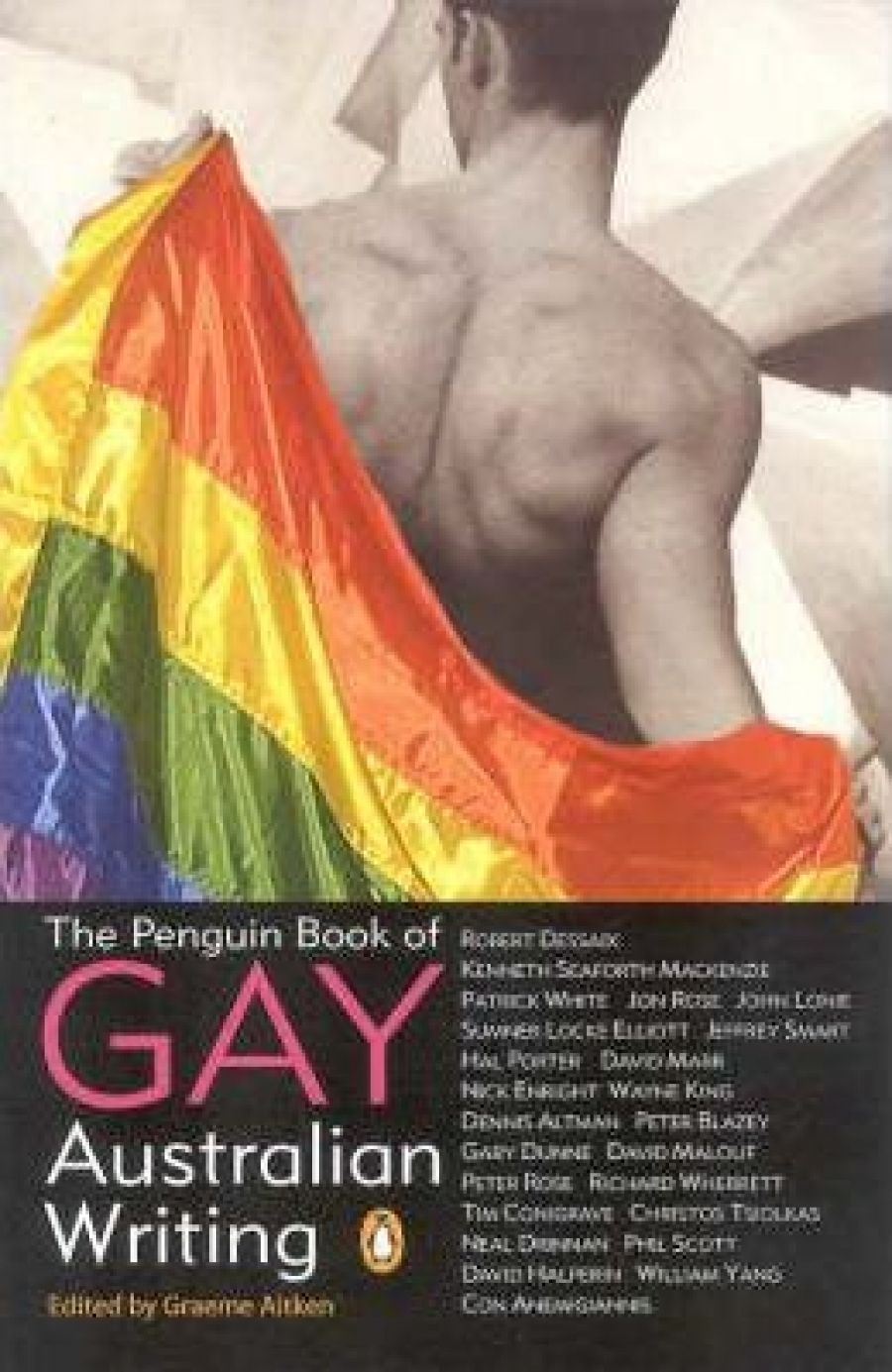
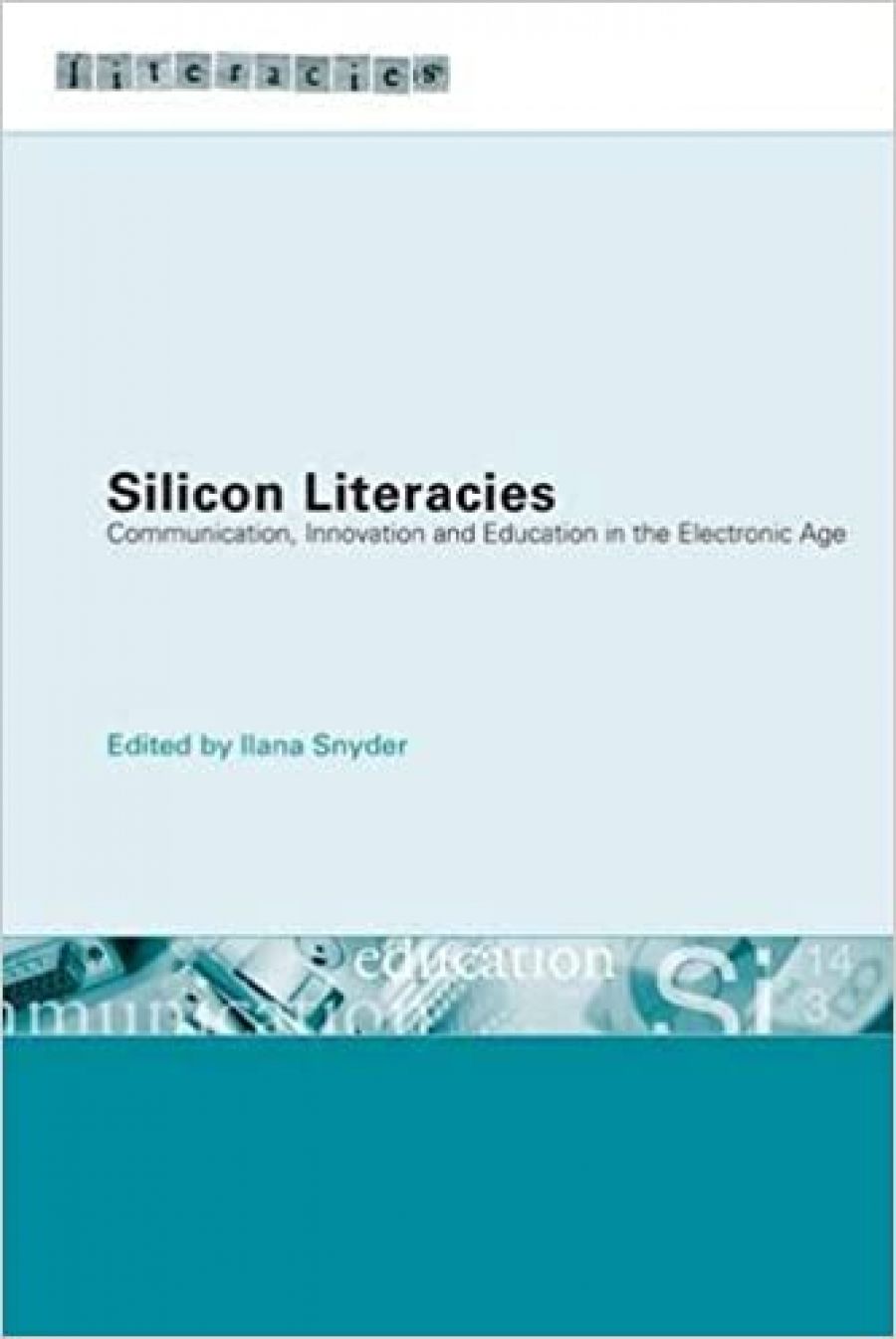
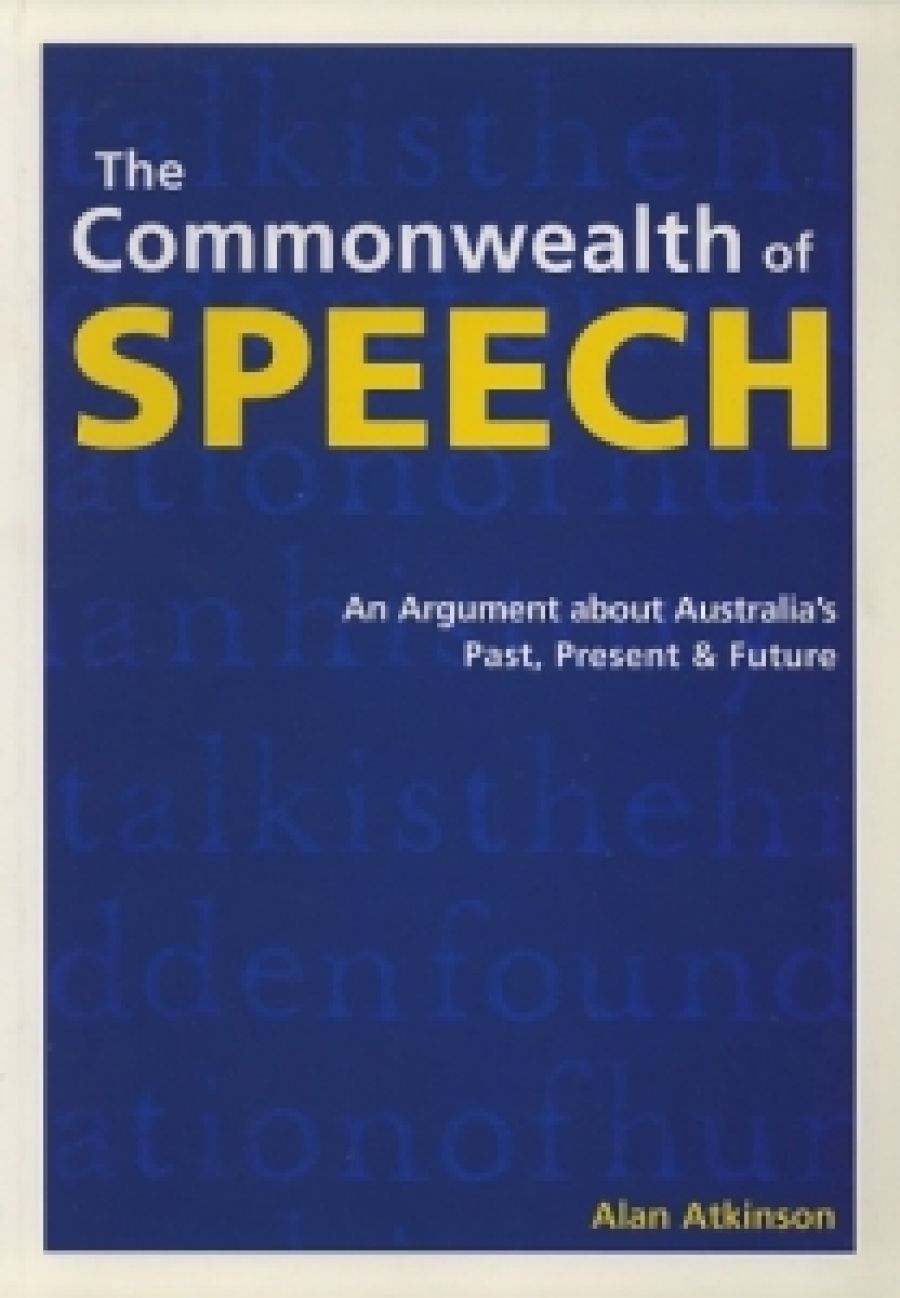
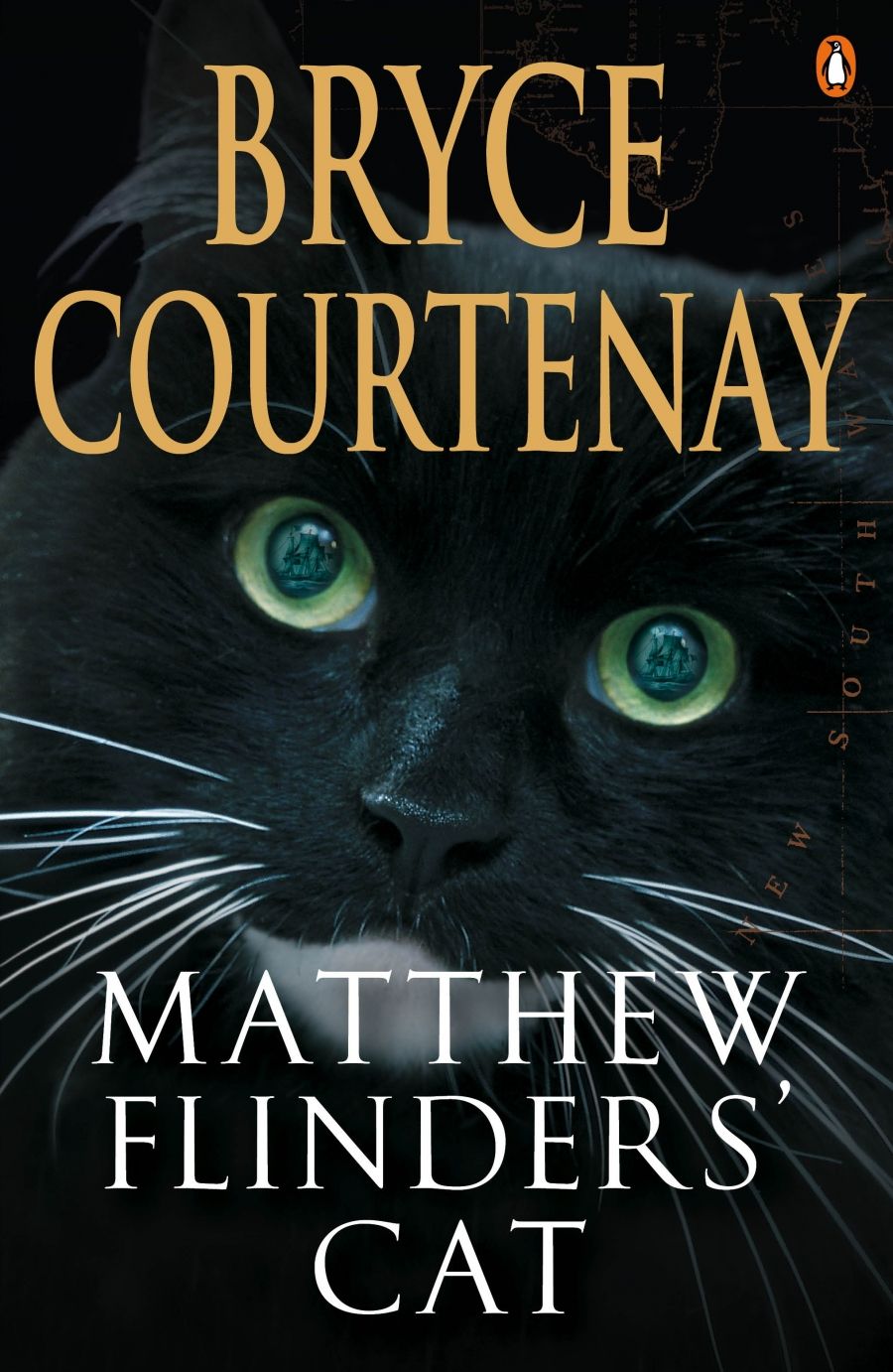
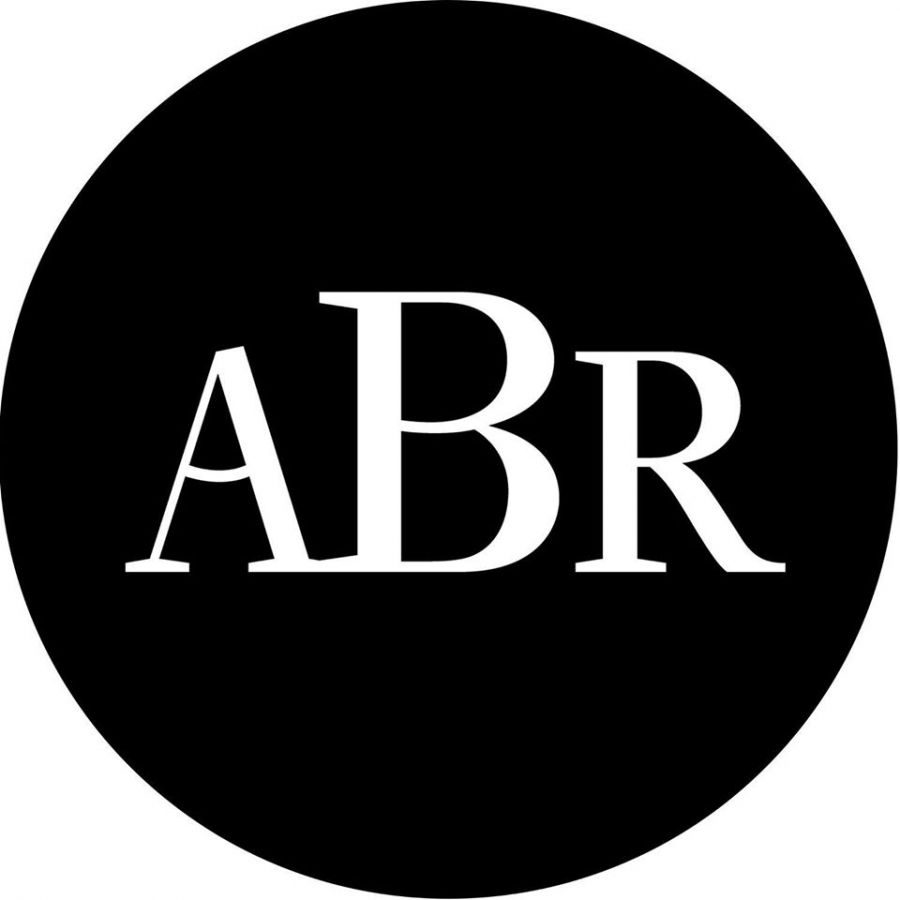
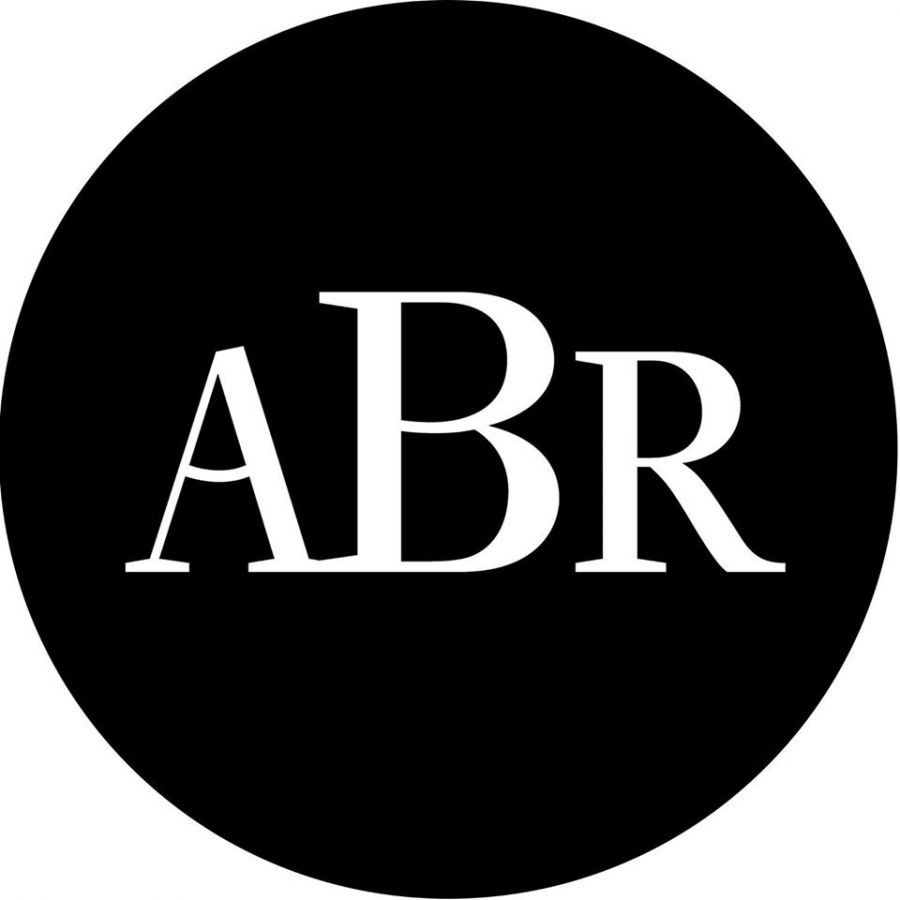
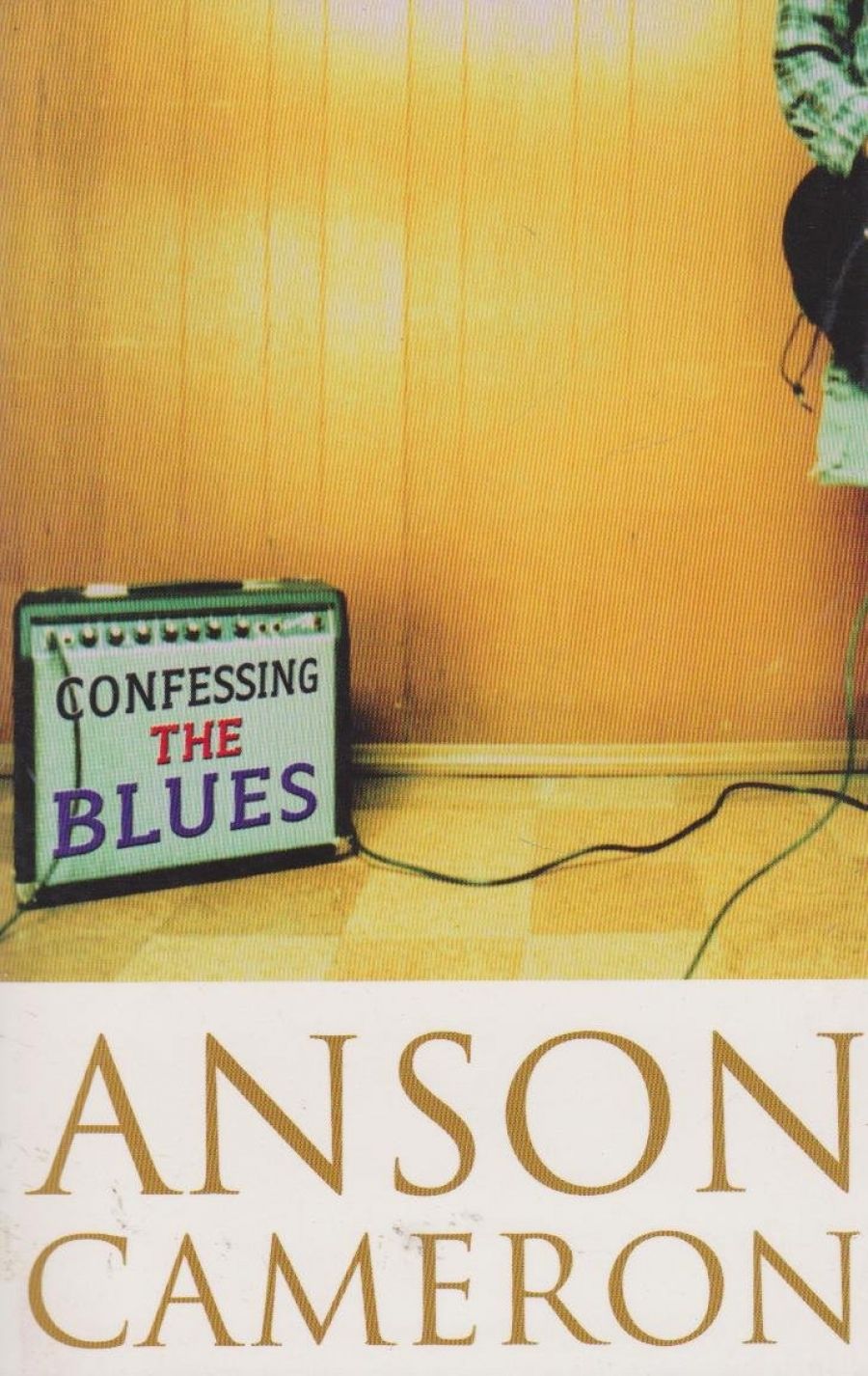
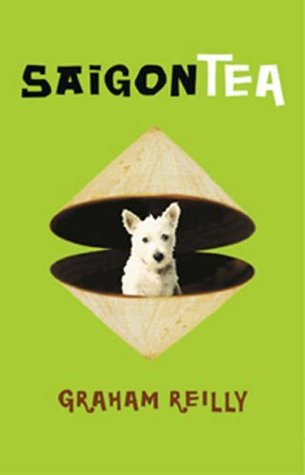
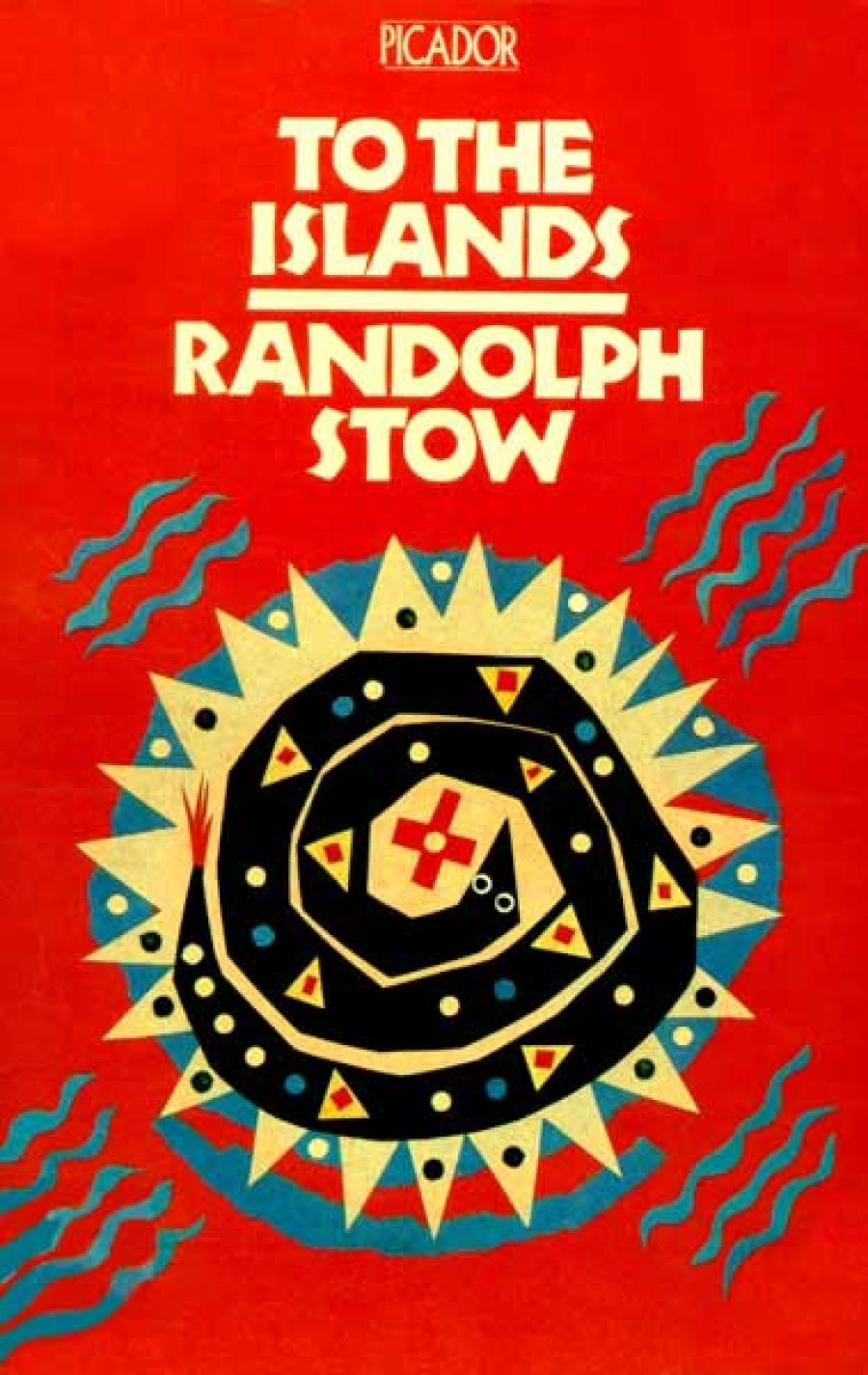
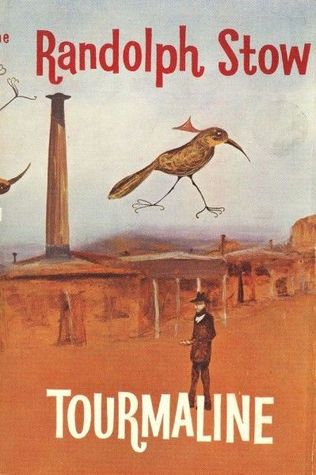
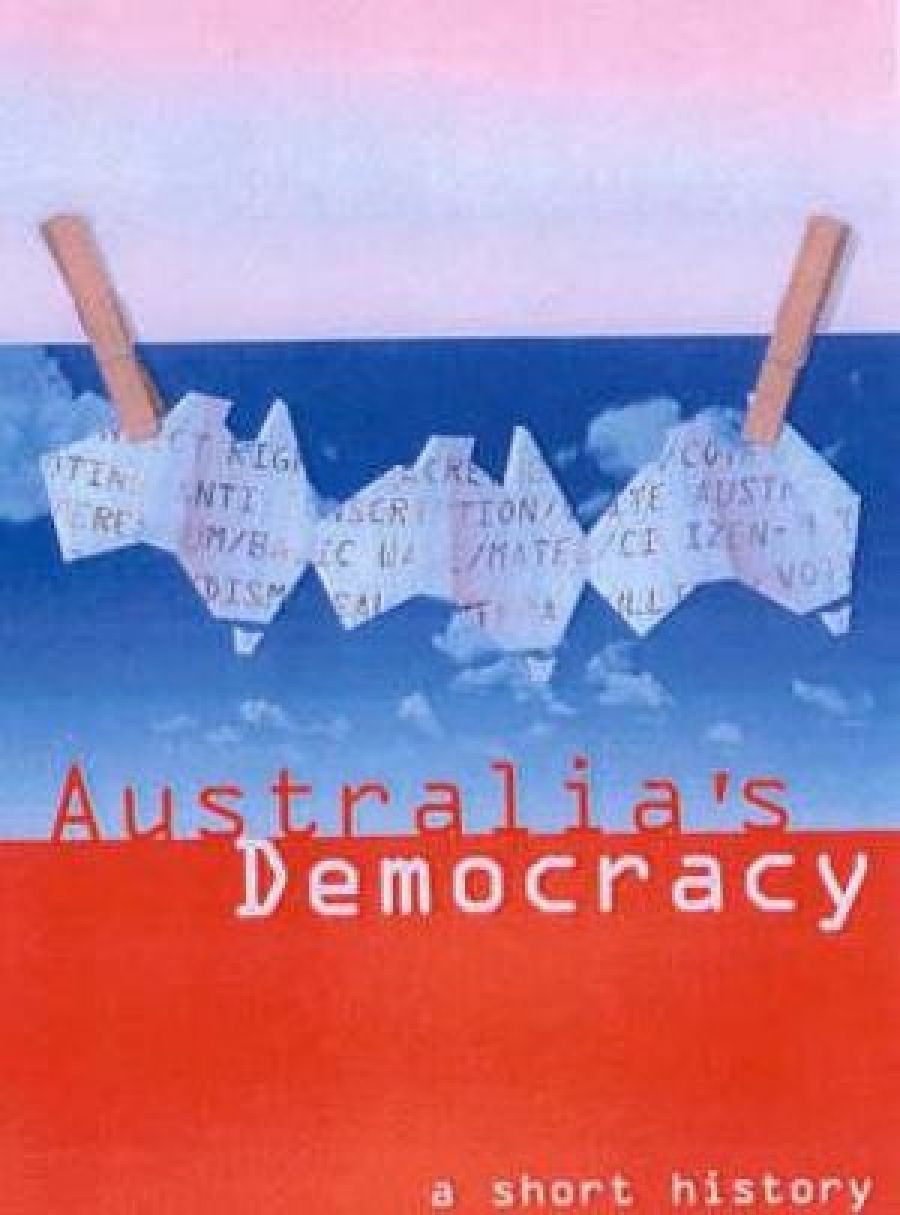
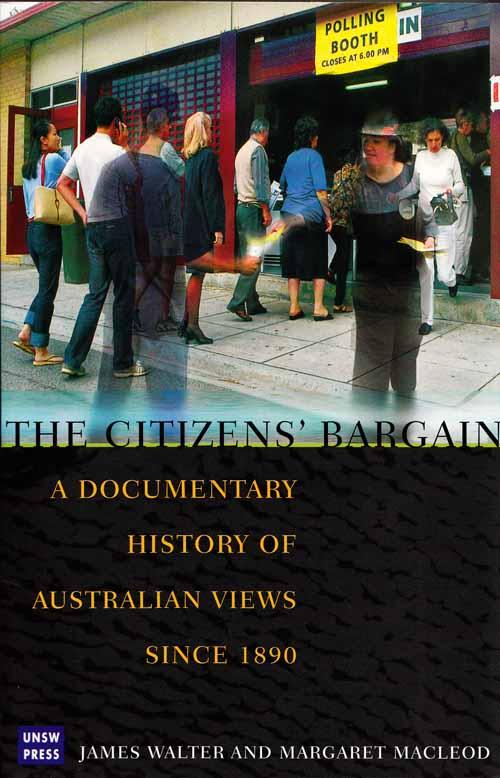
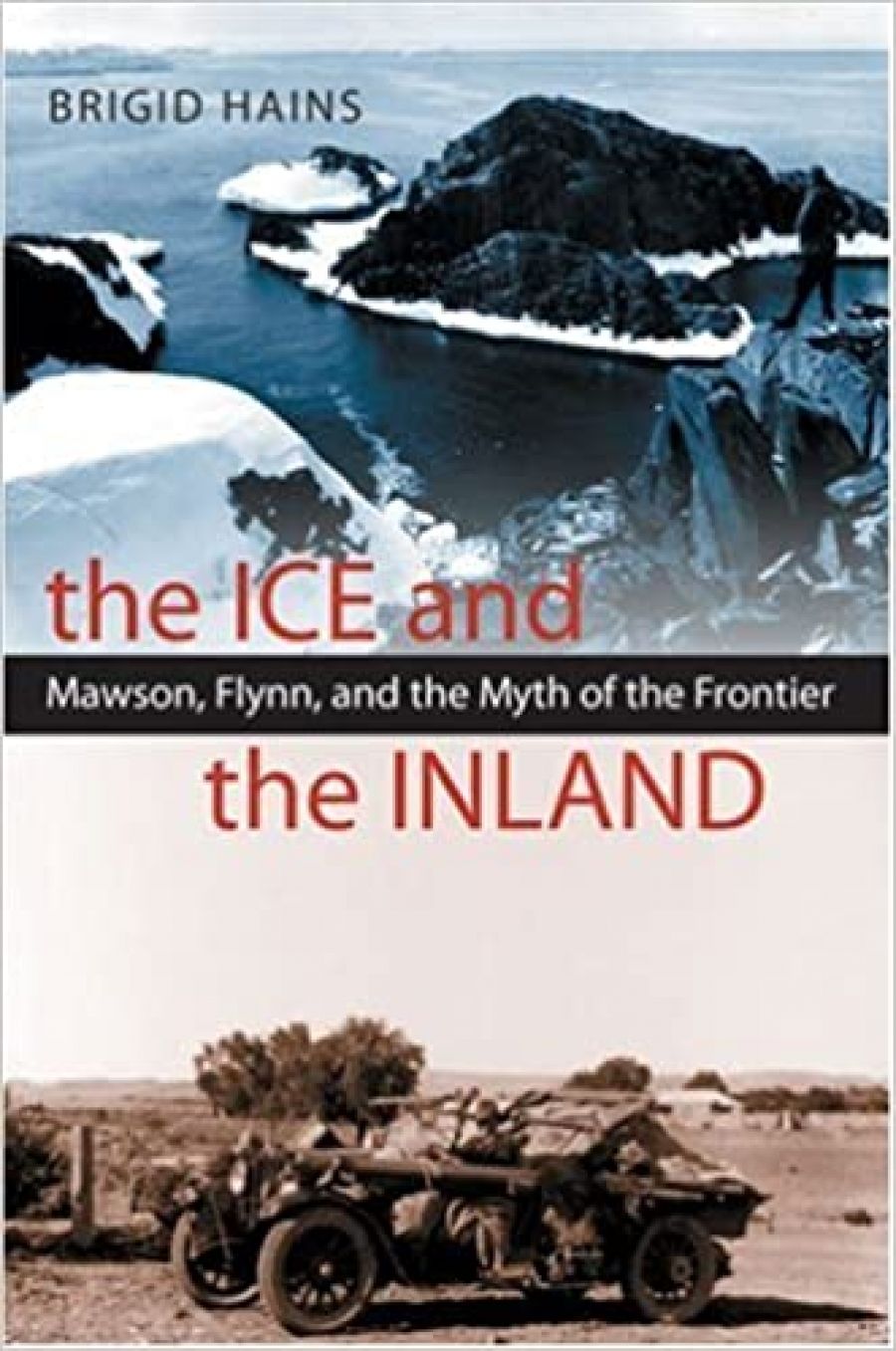
.jpg)
